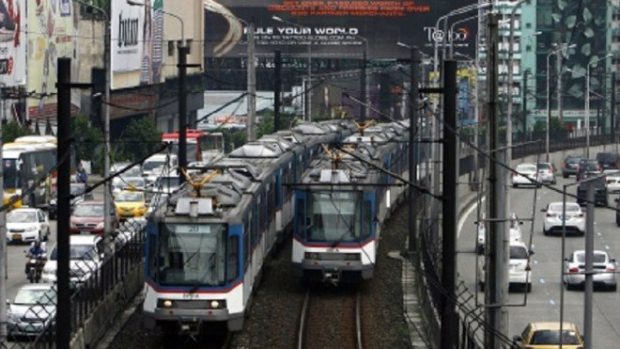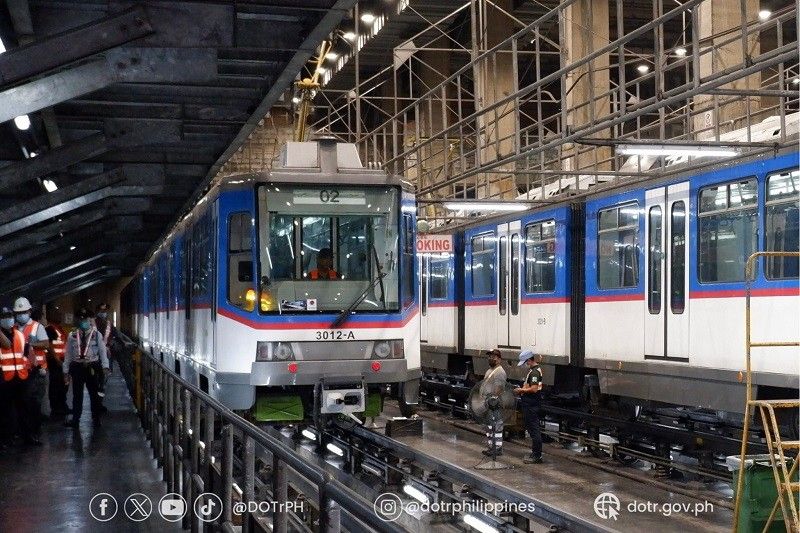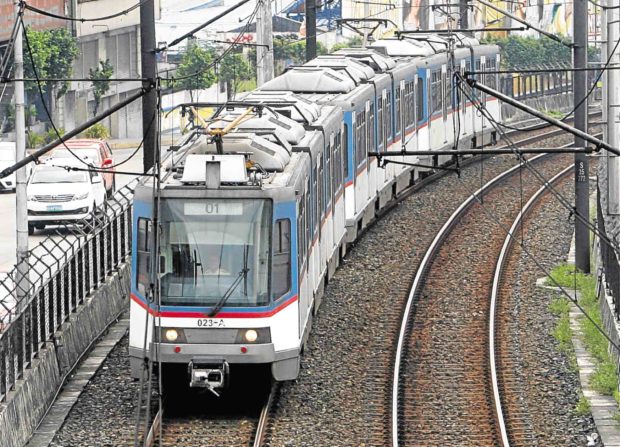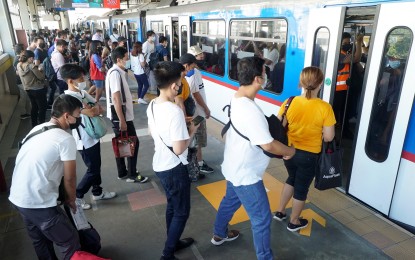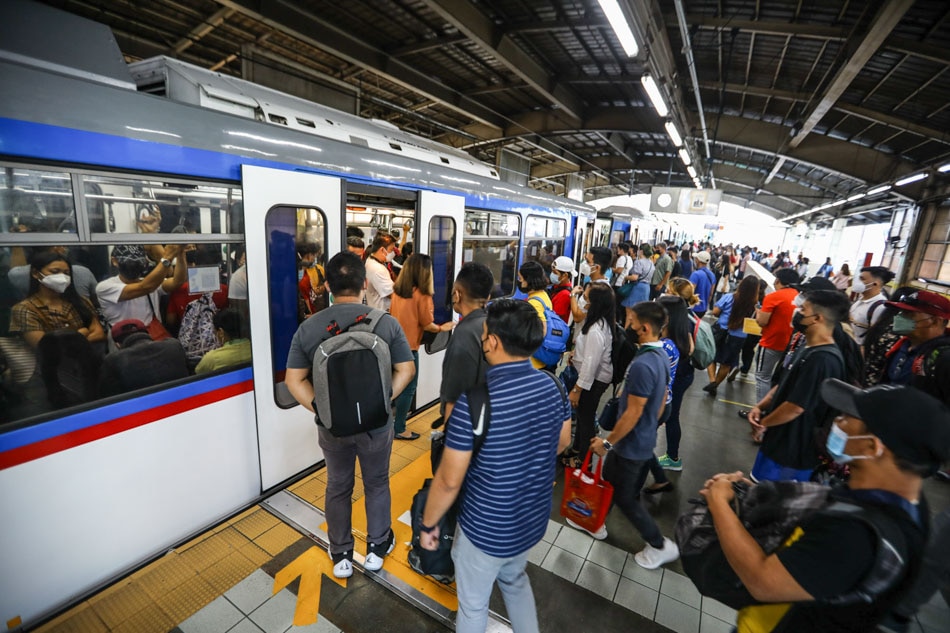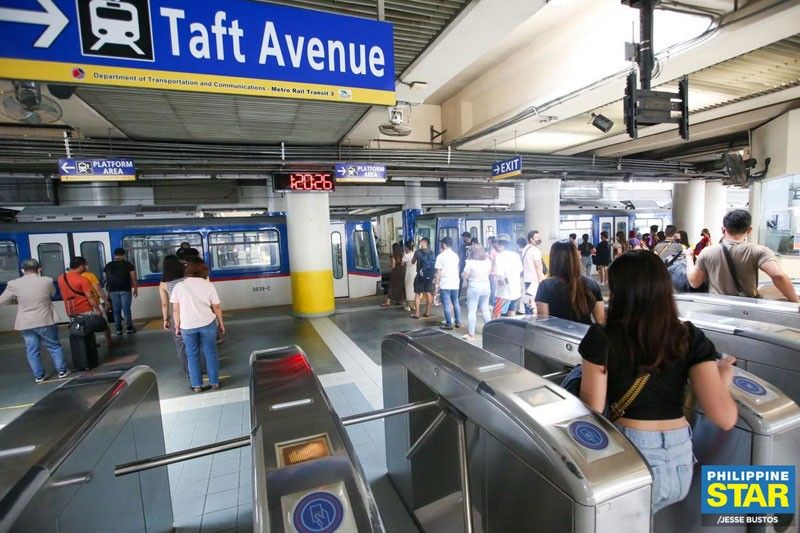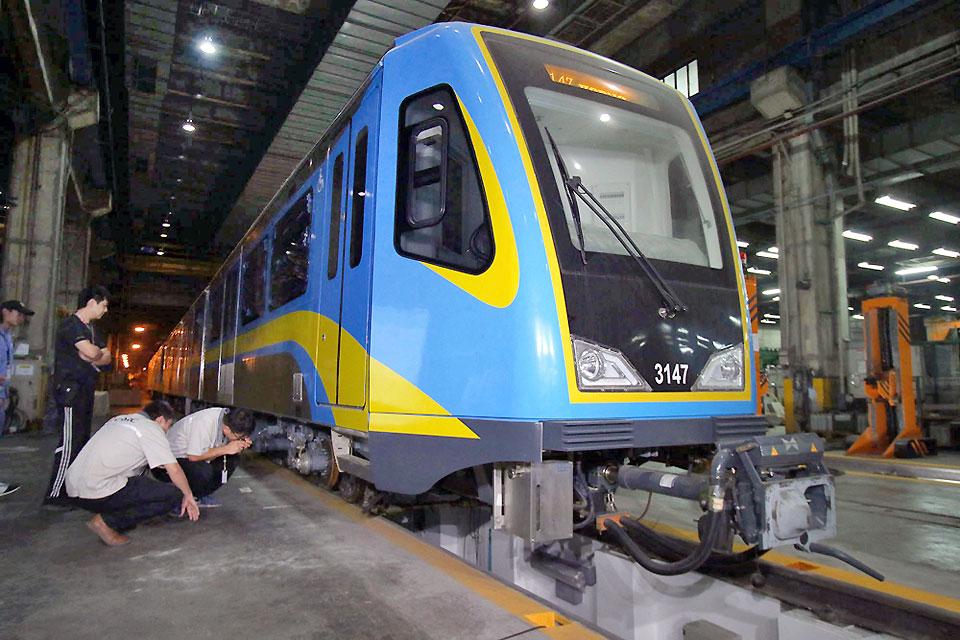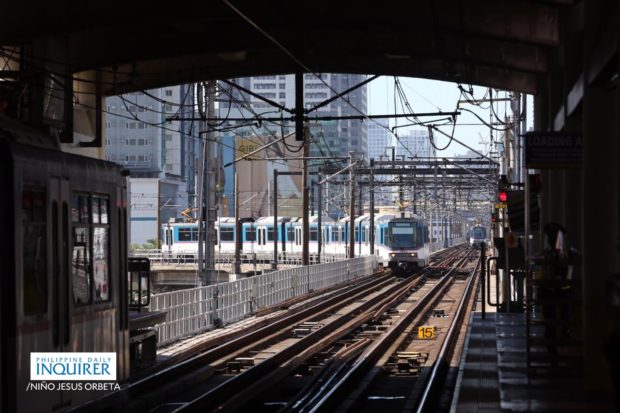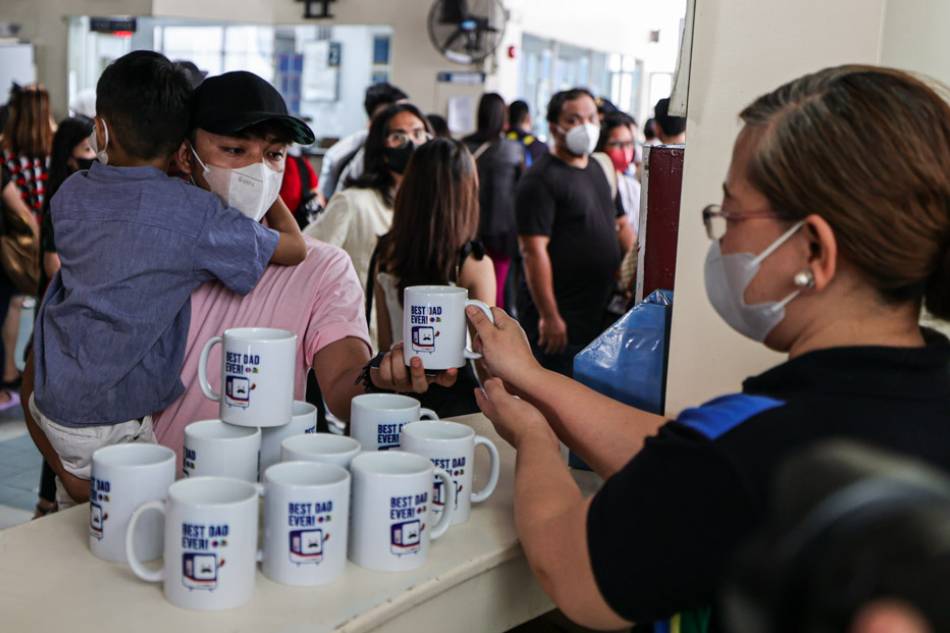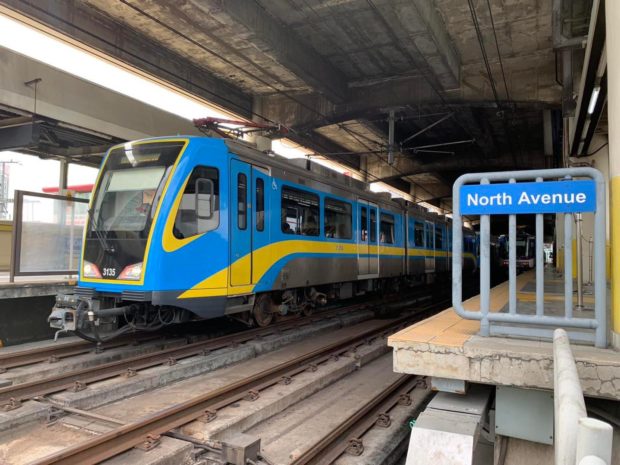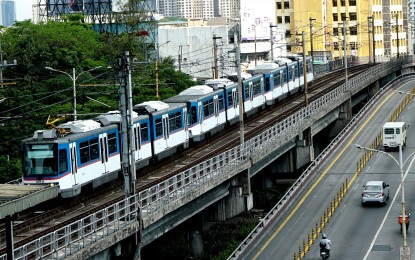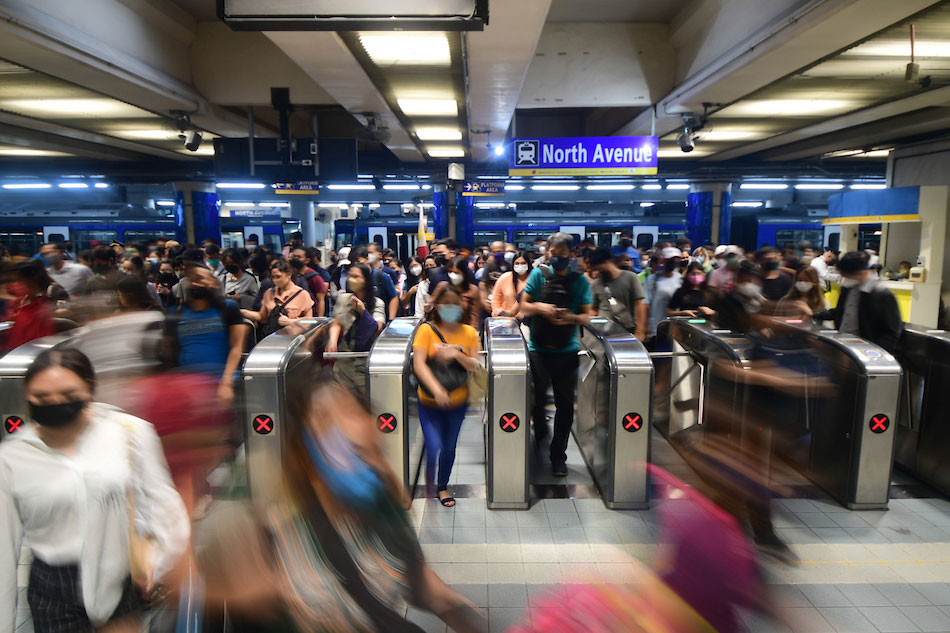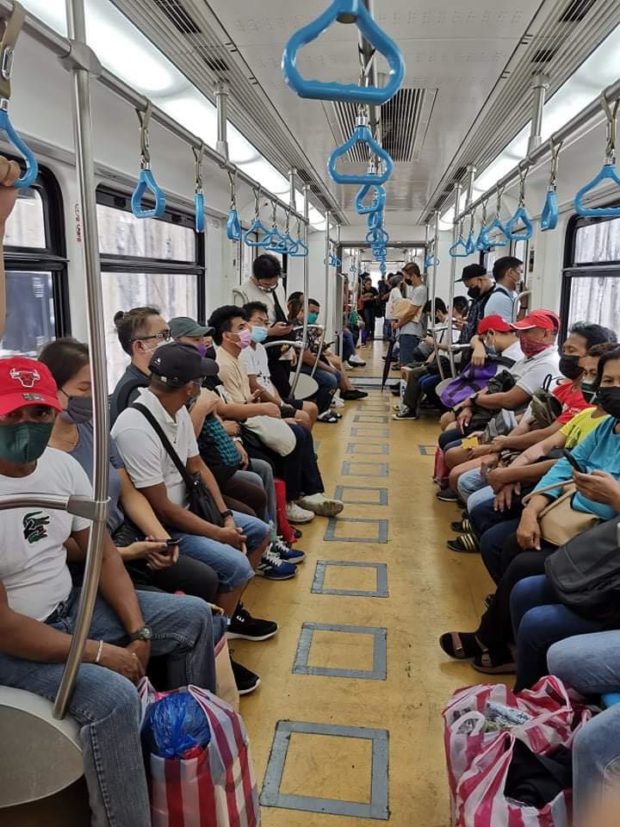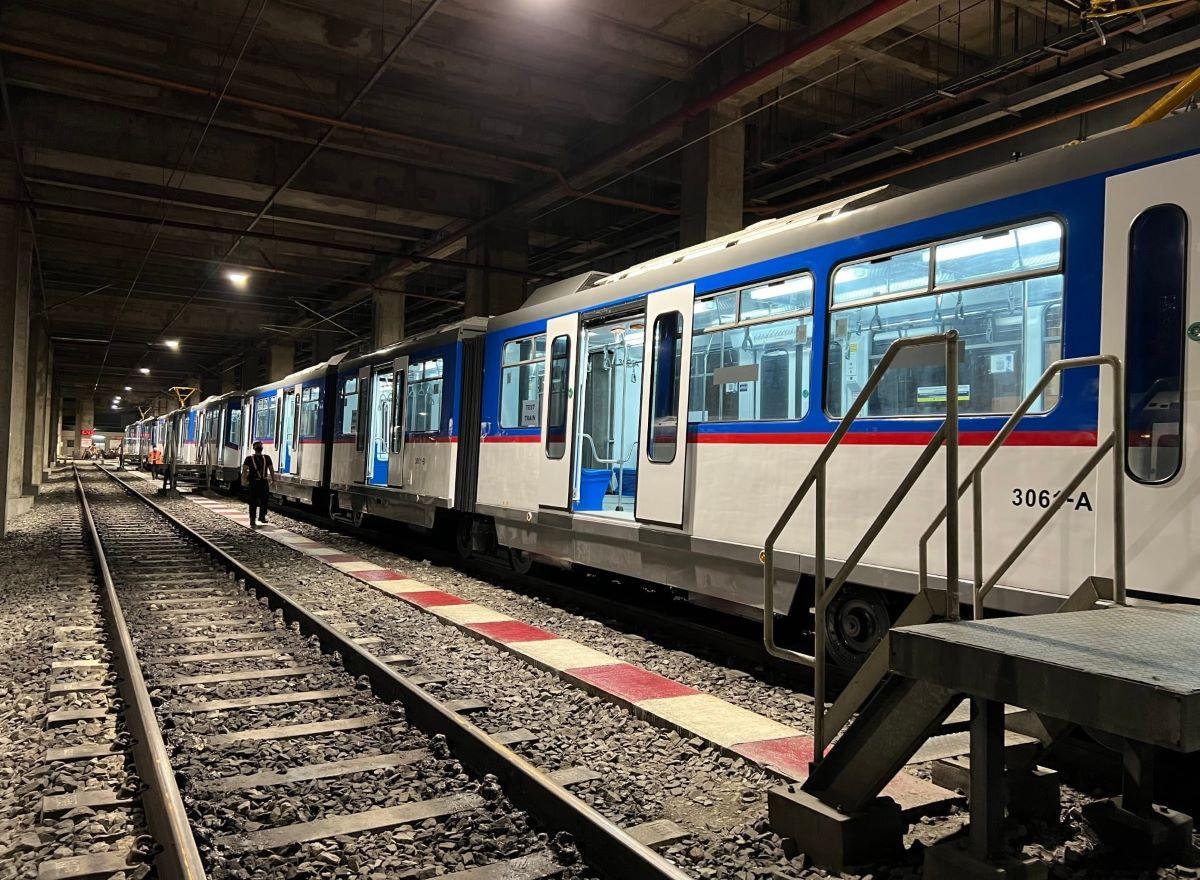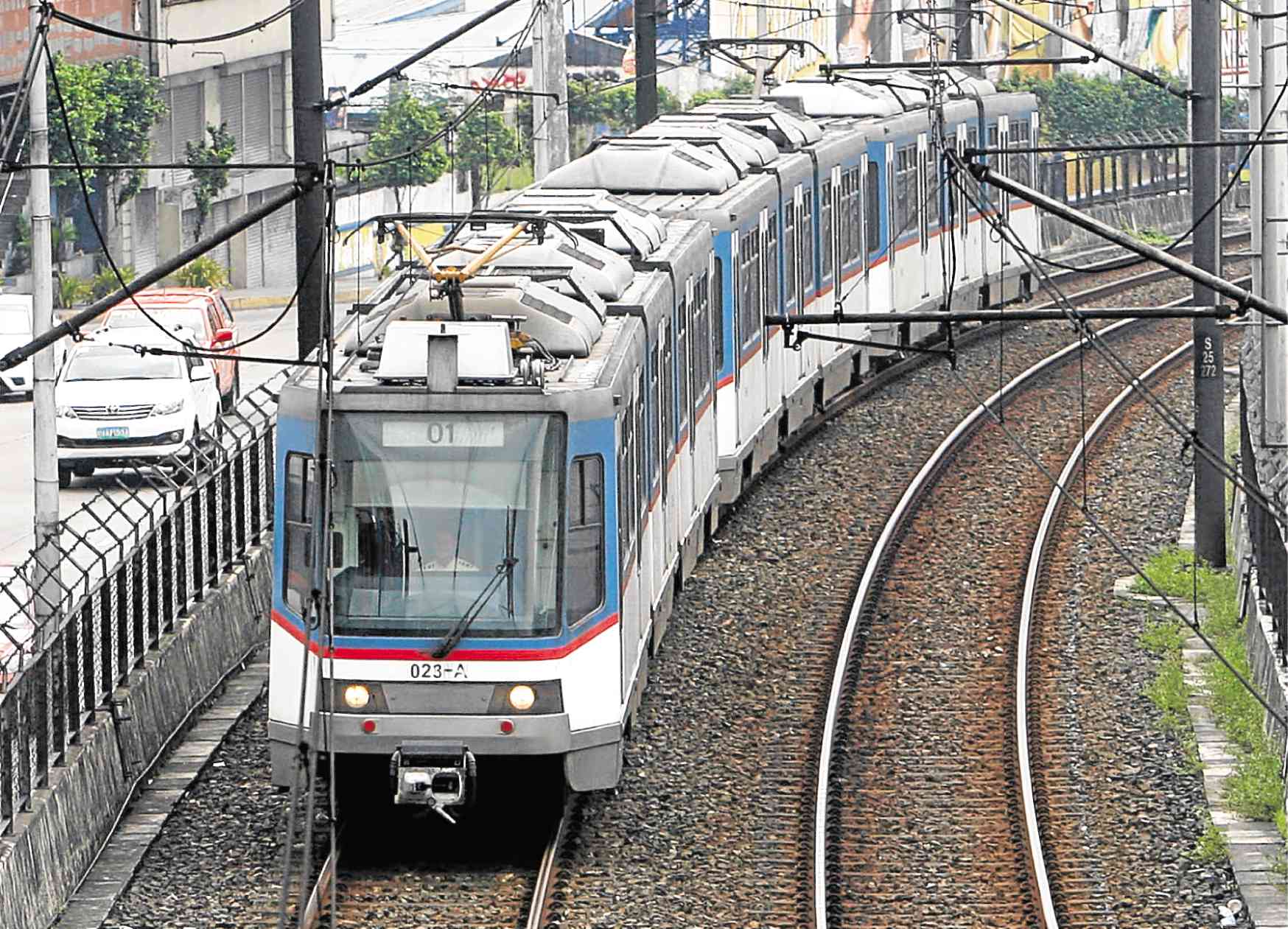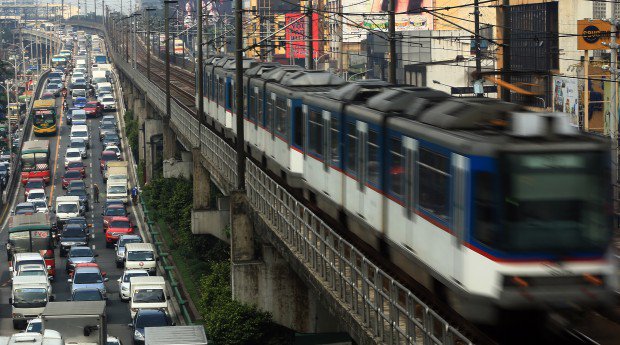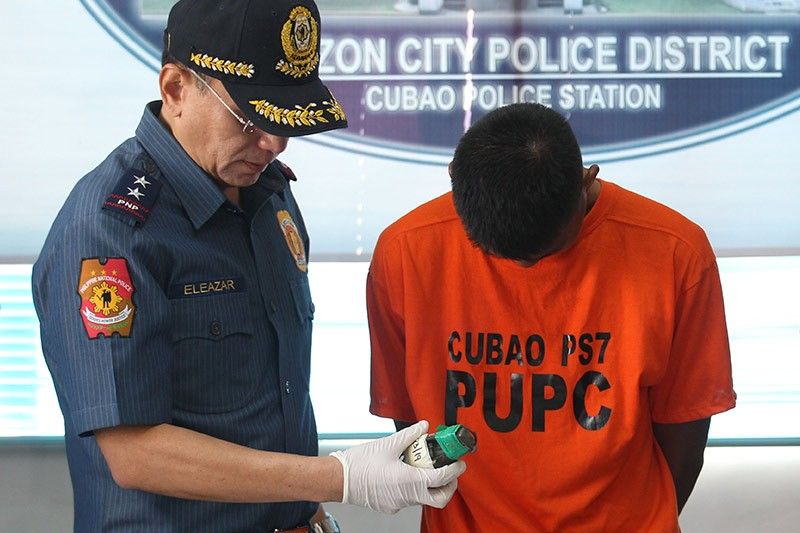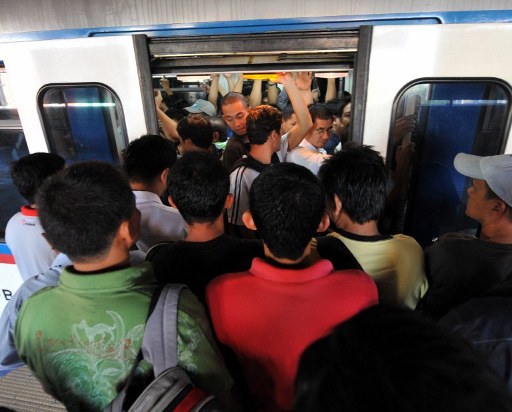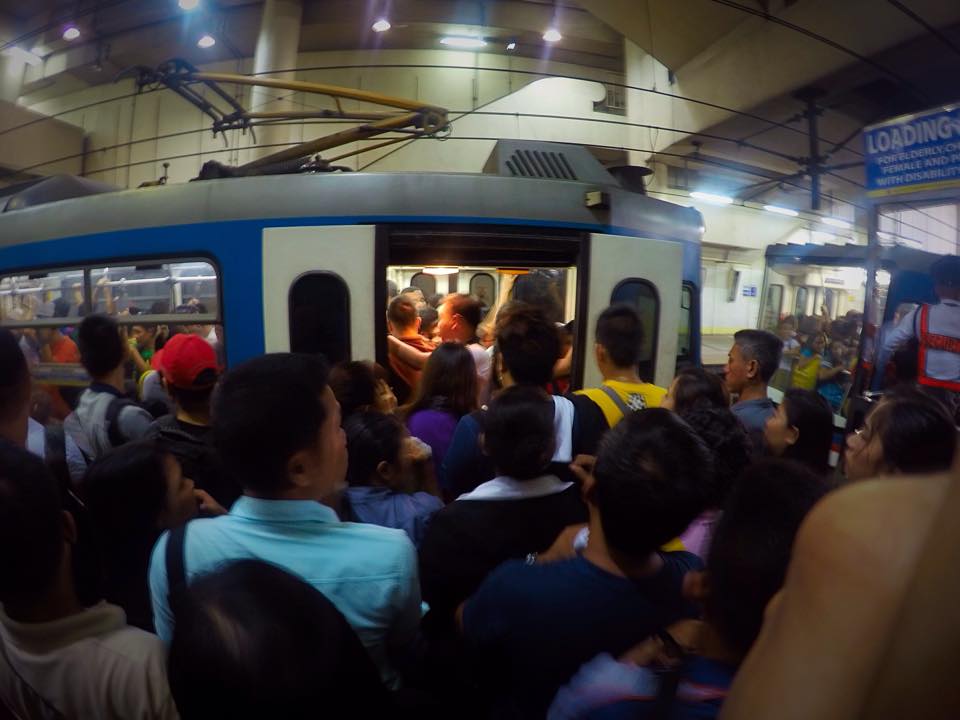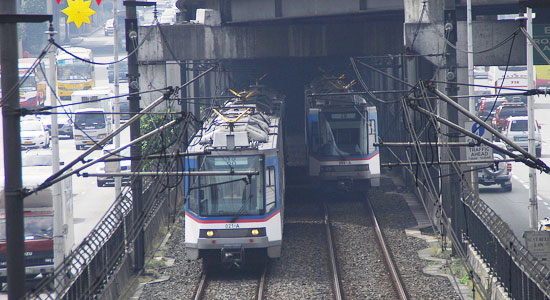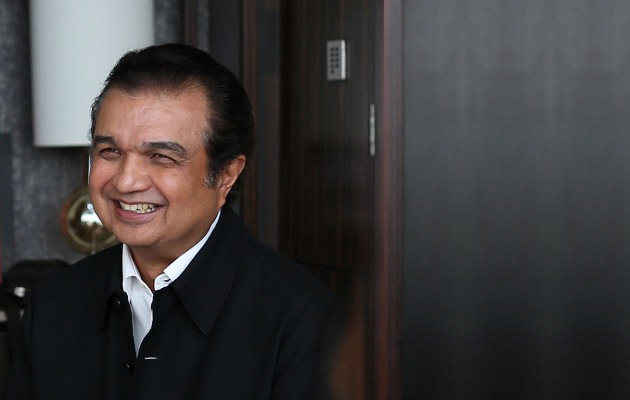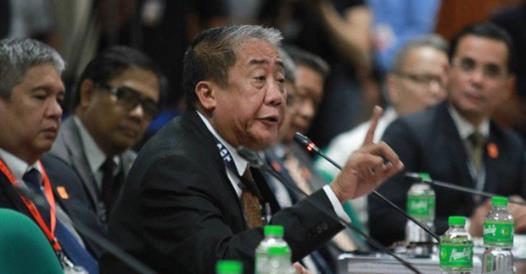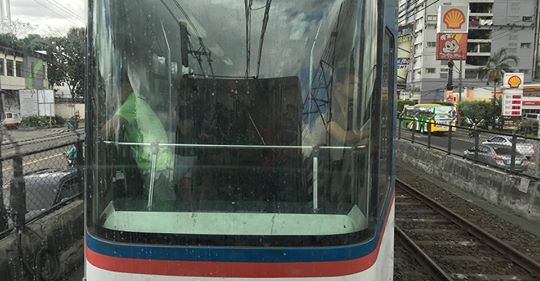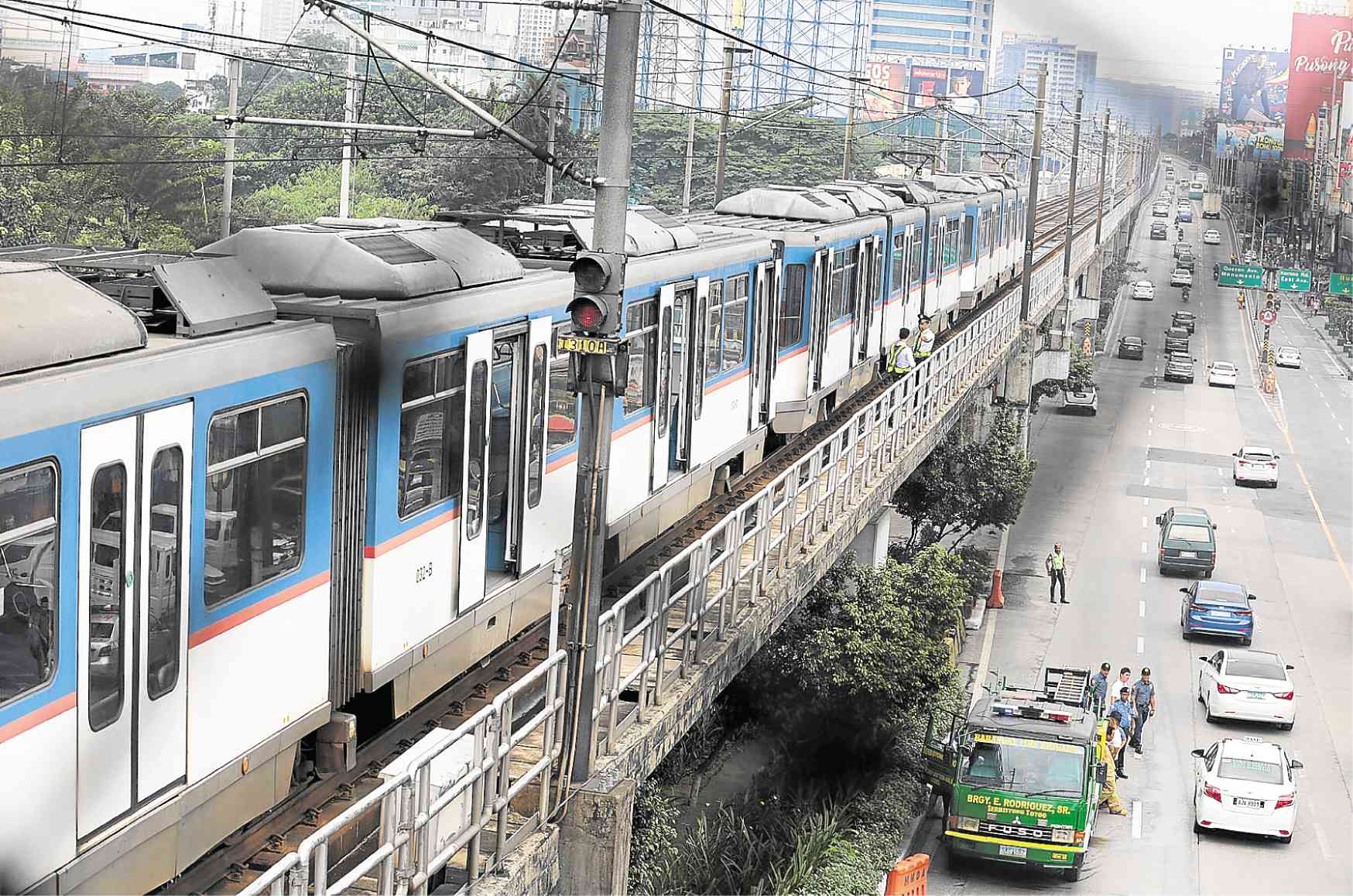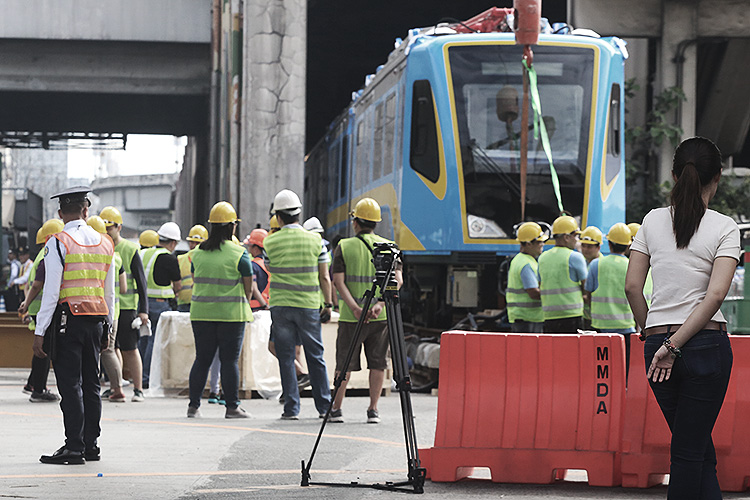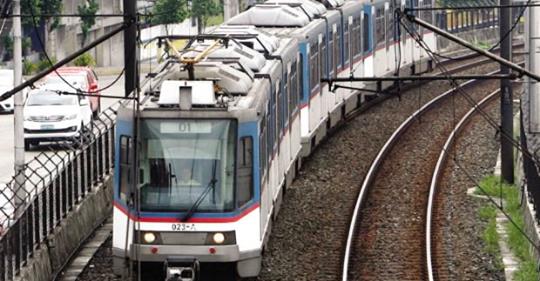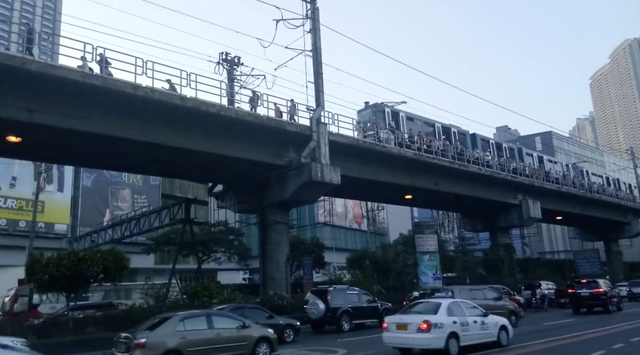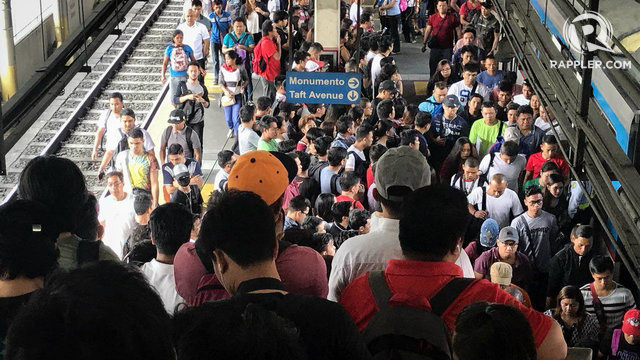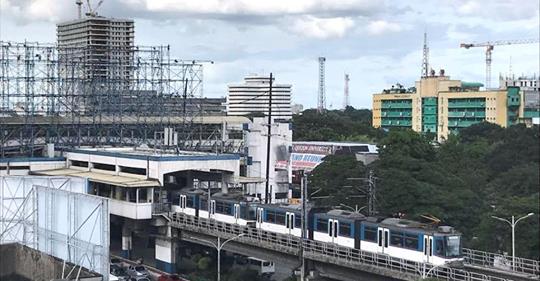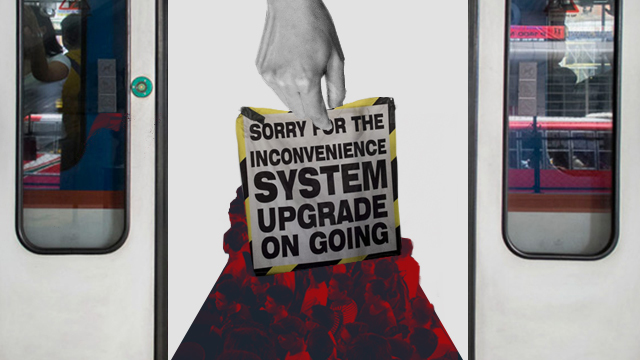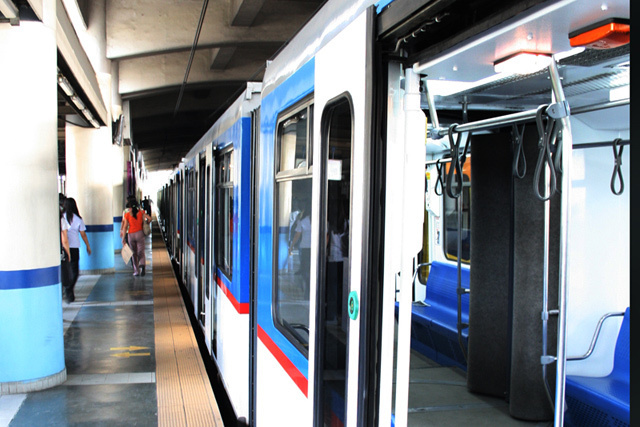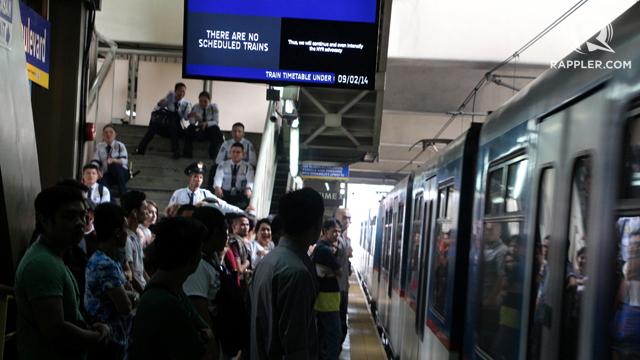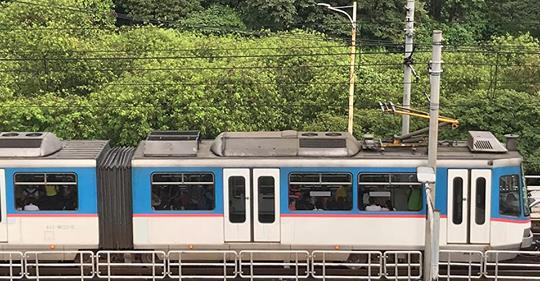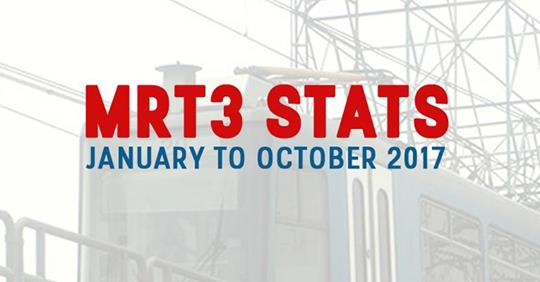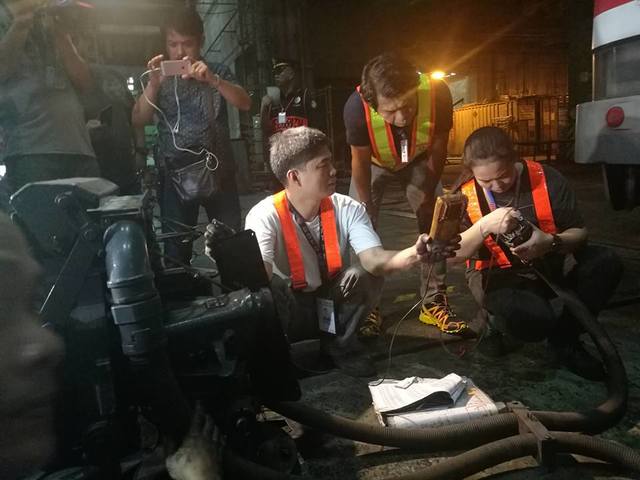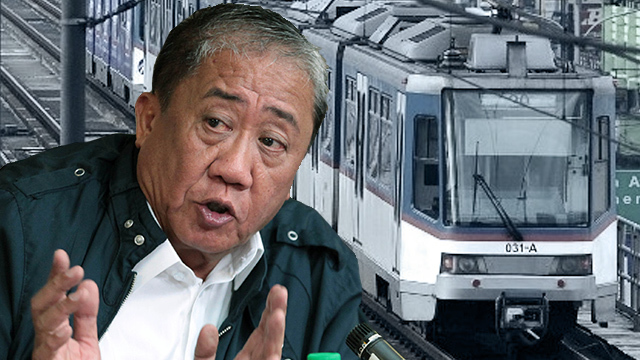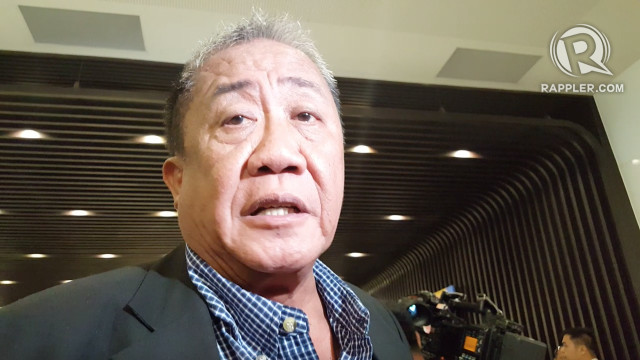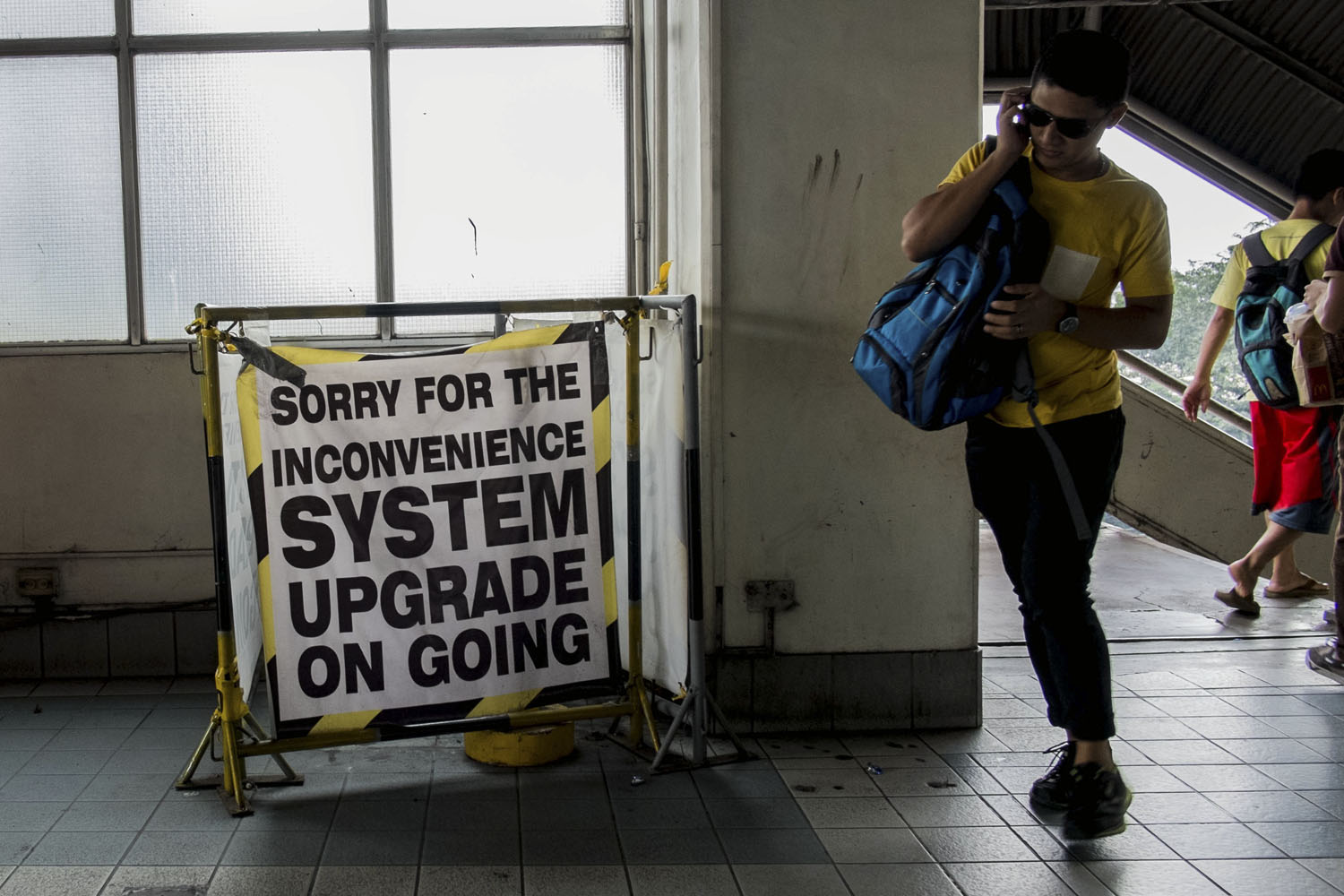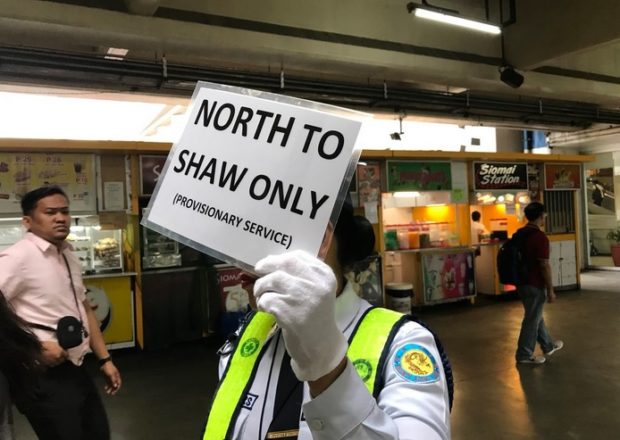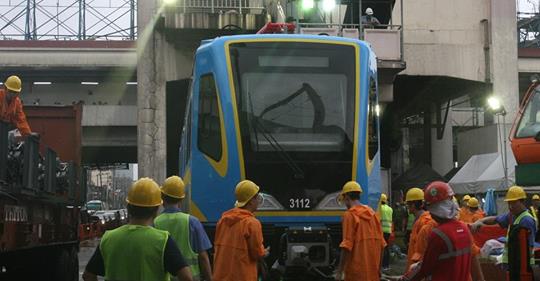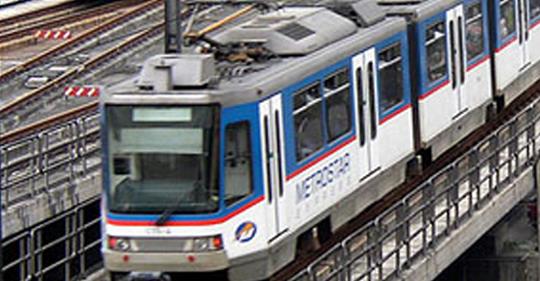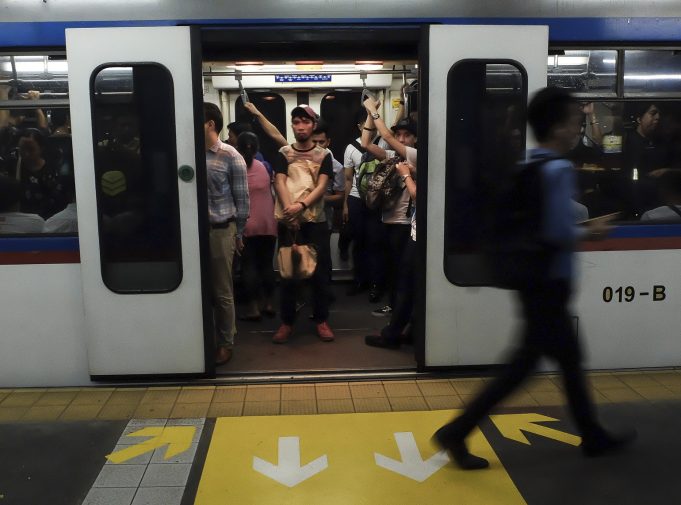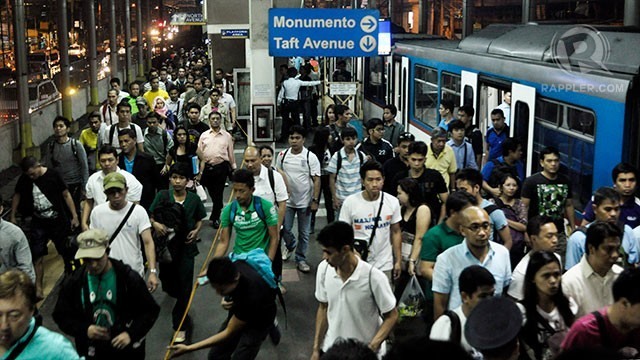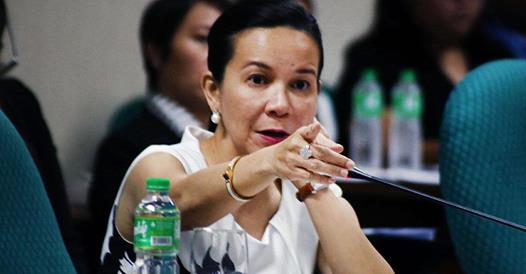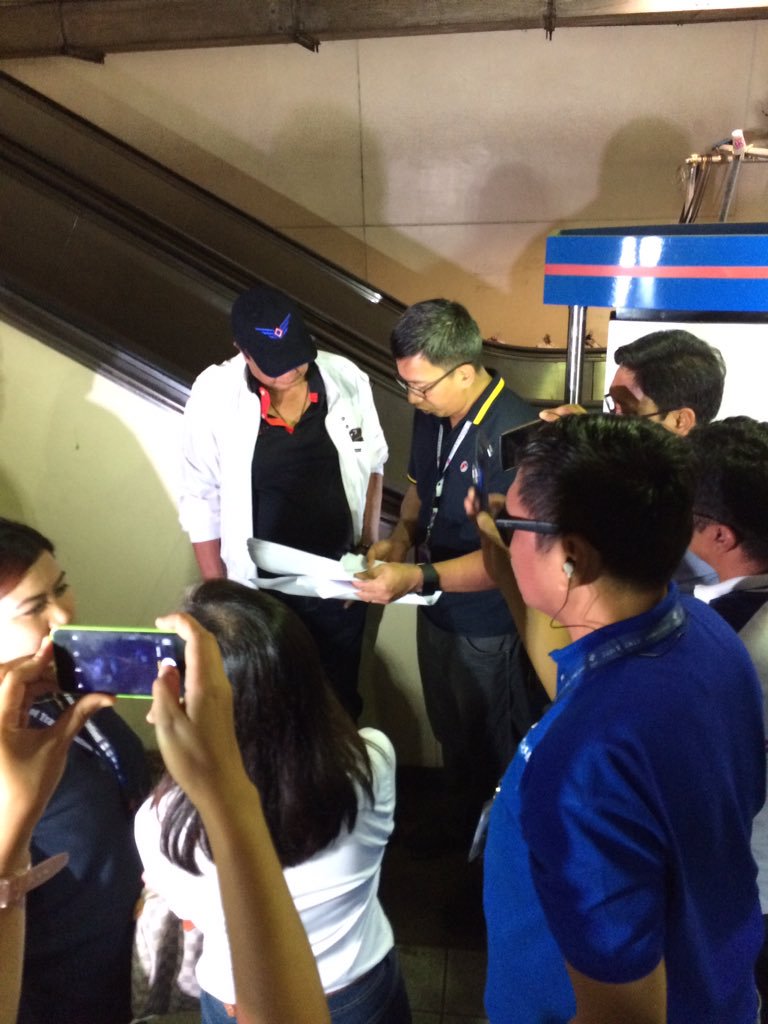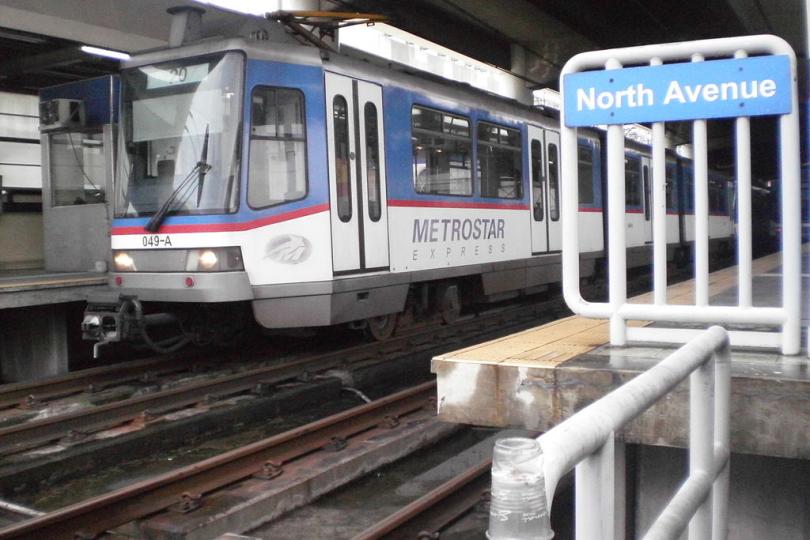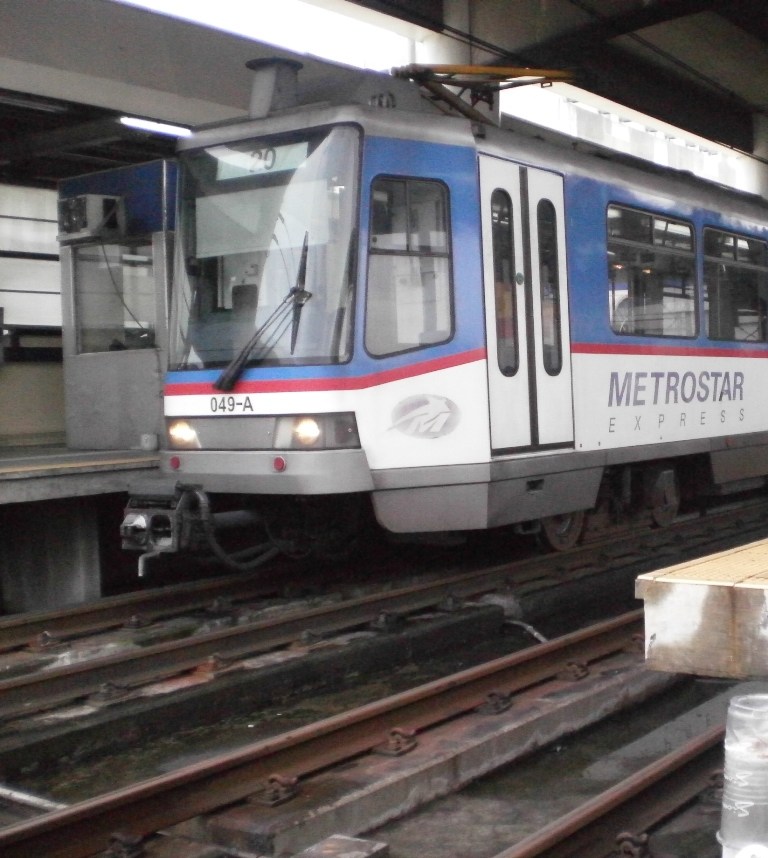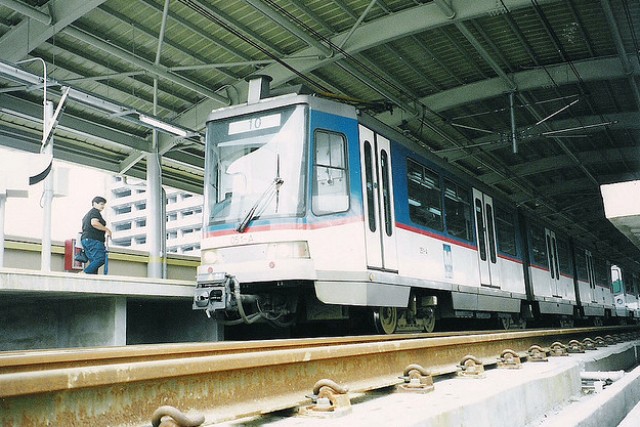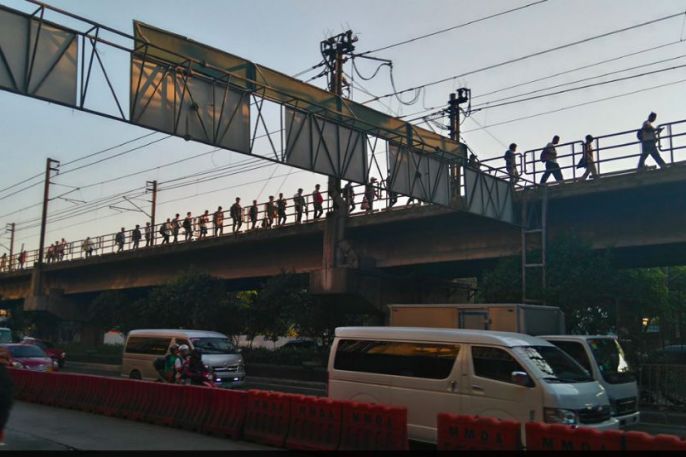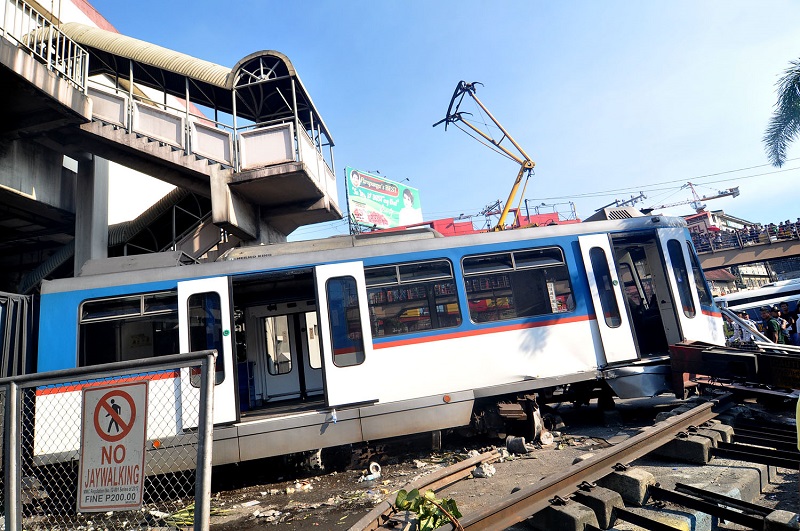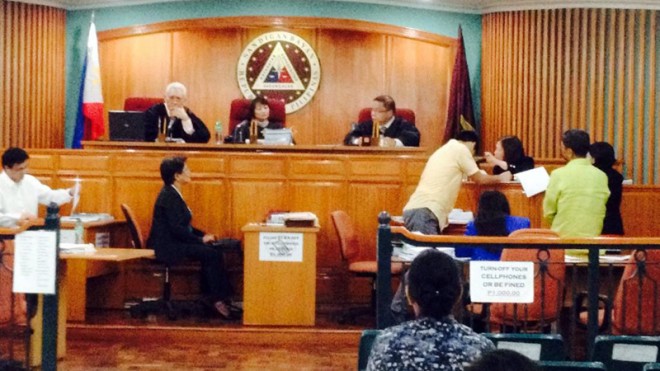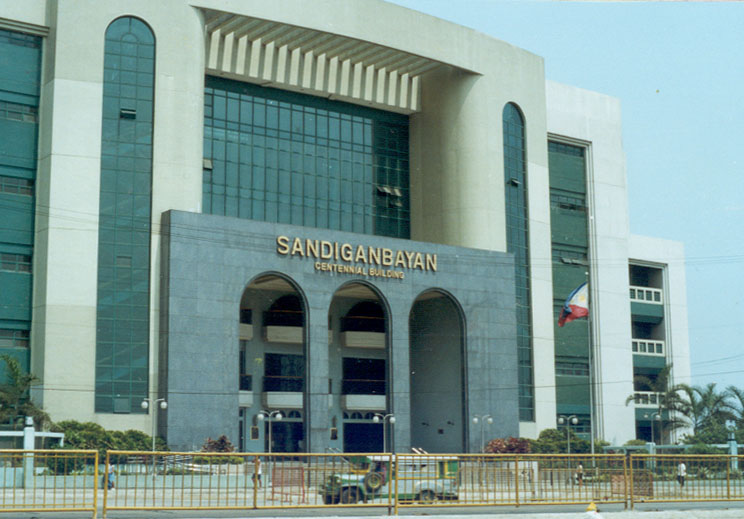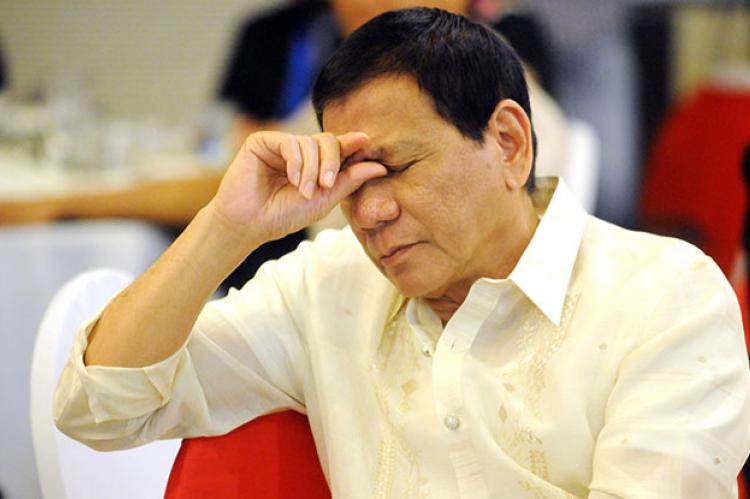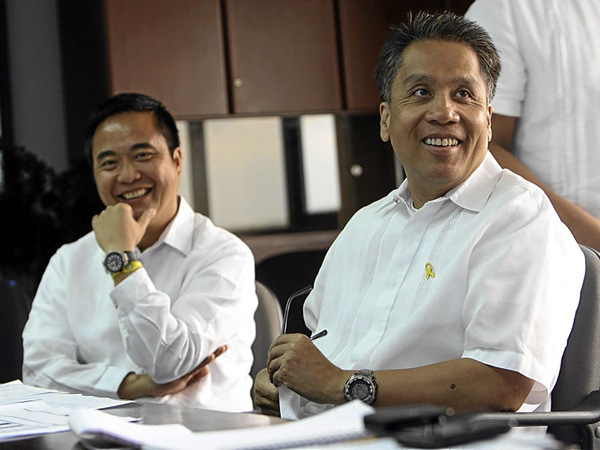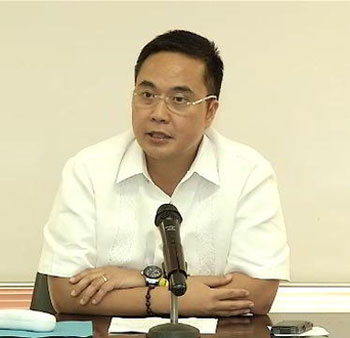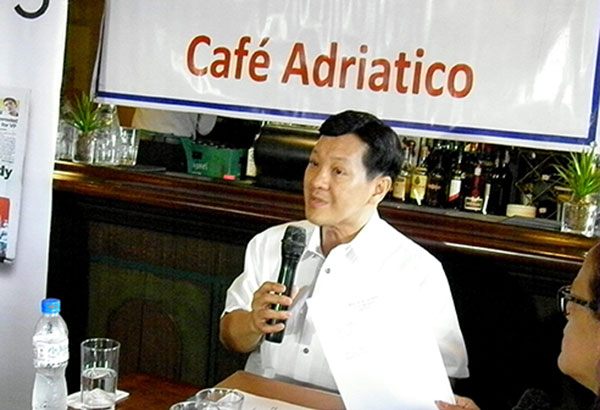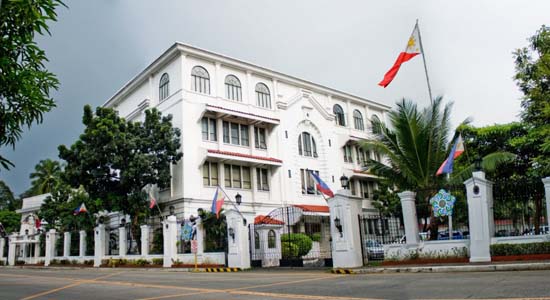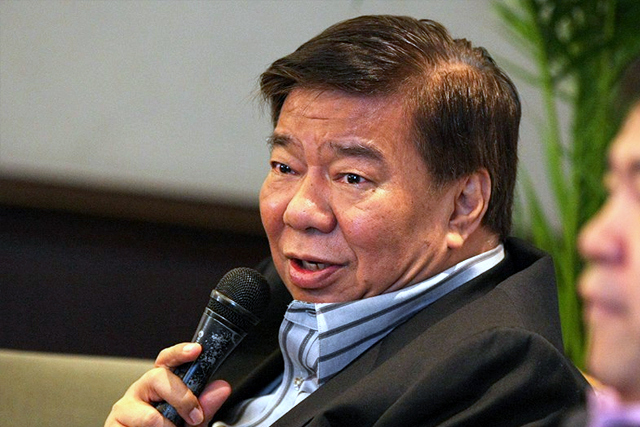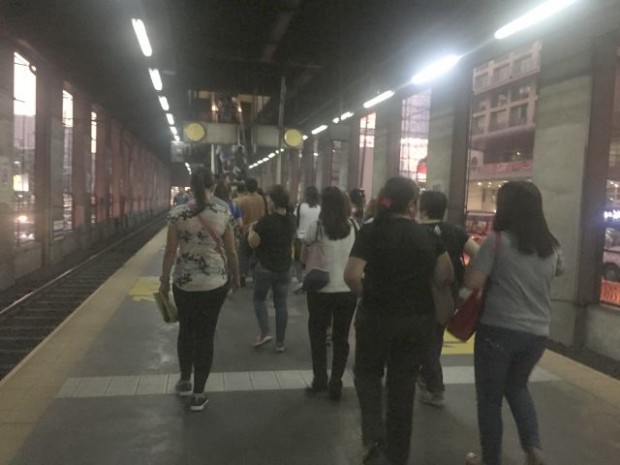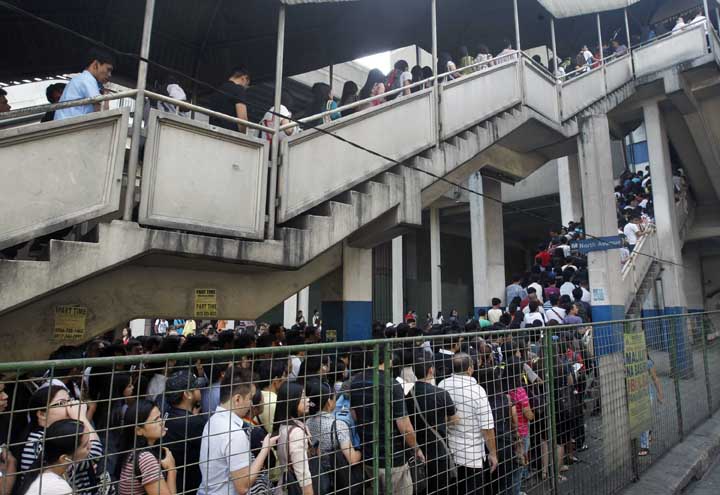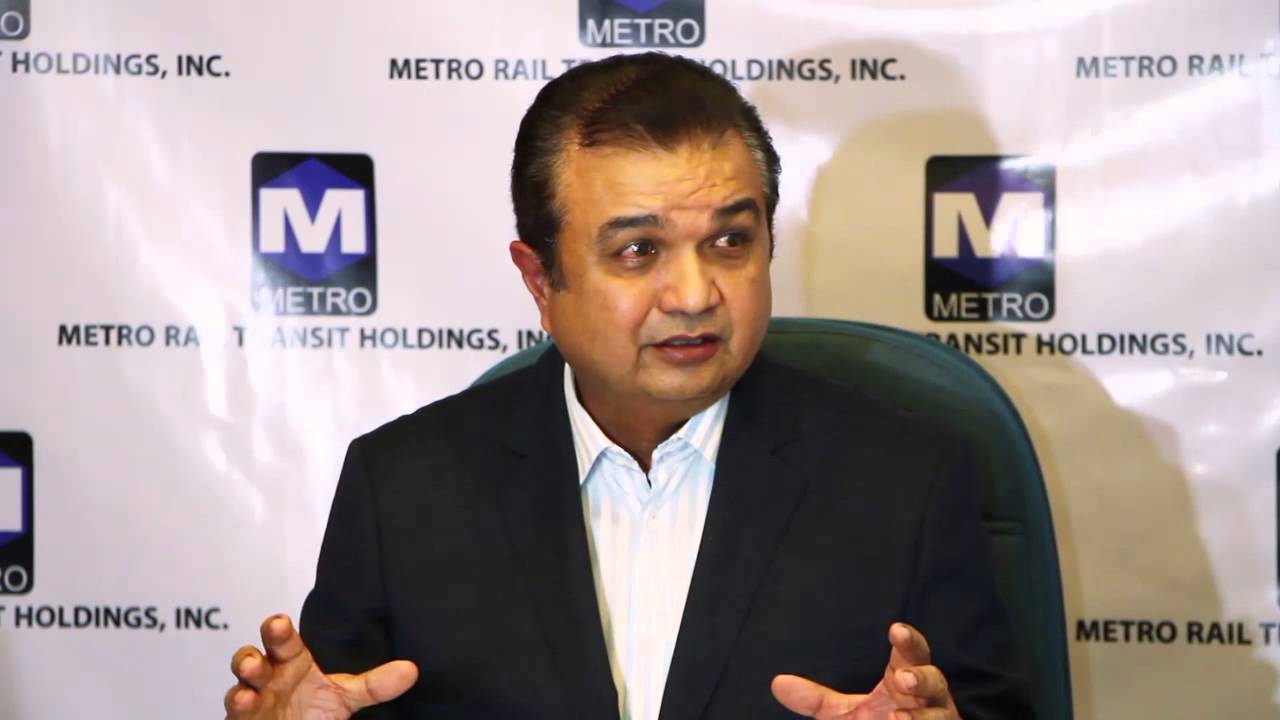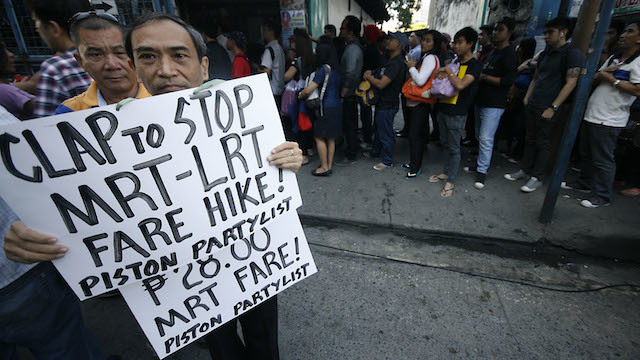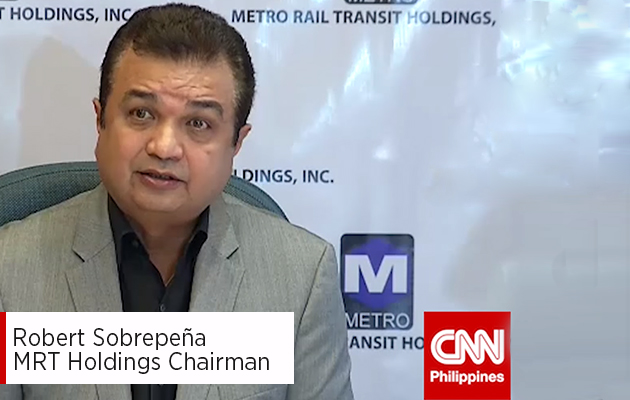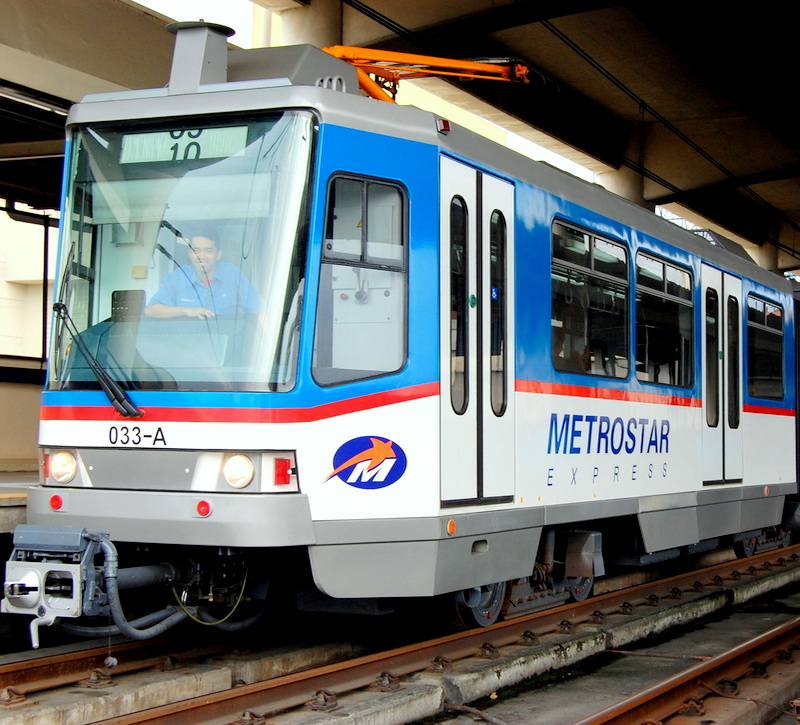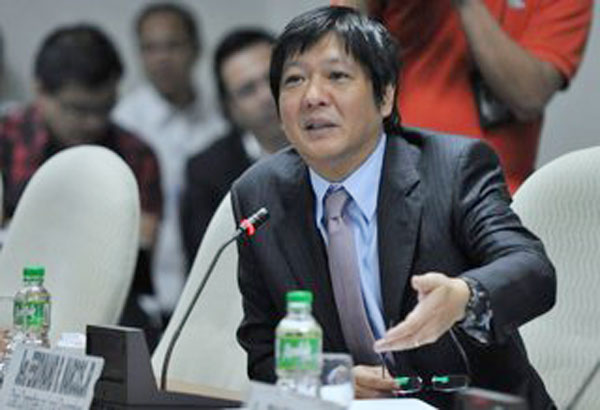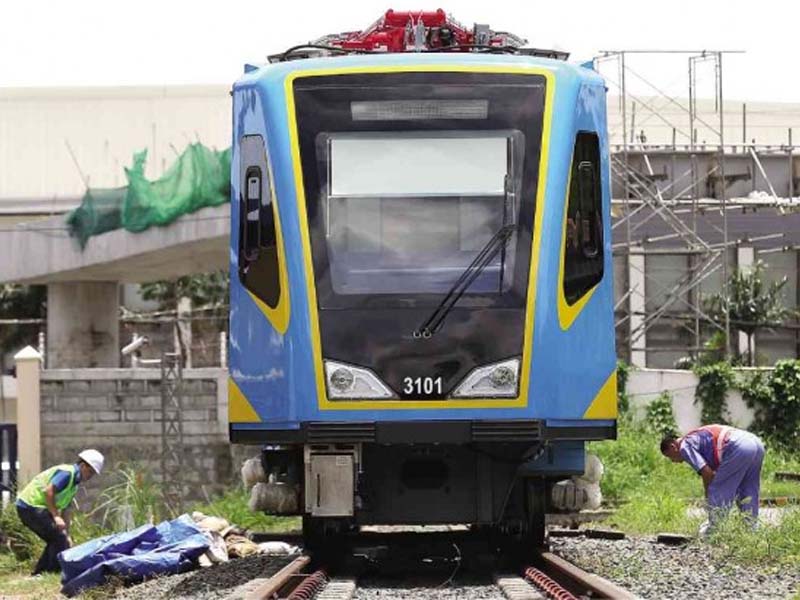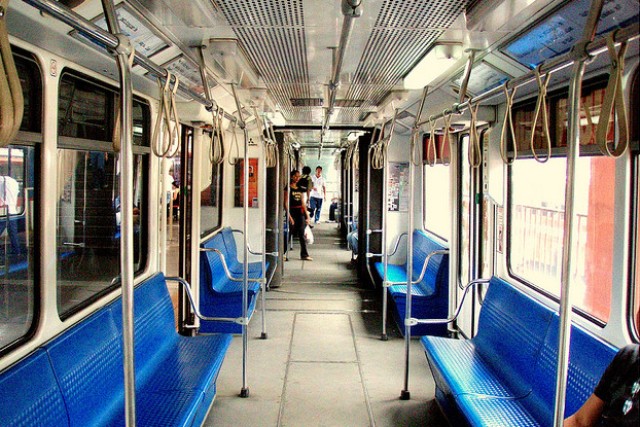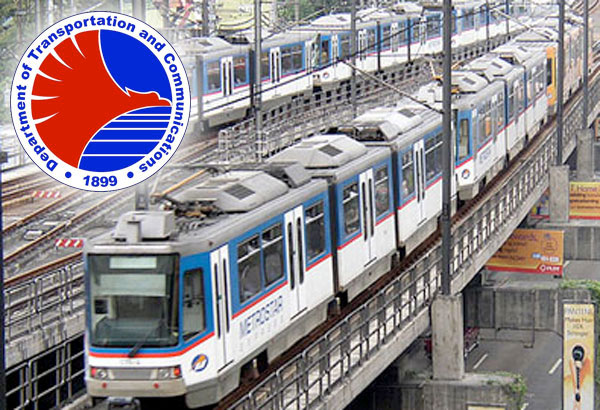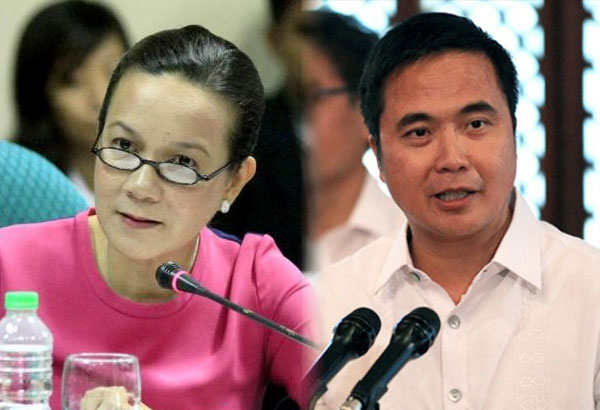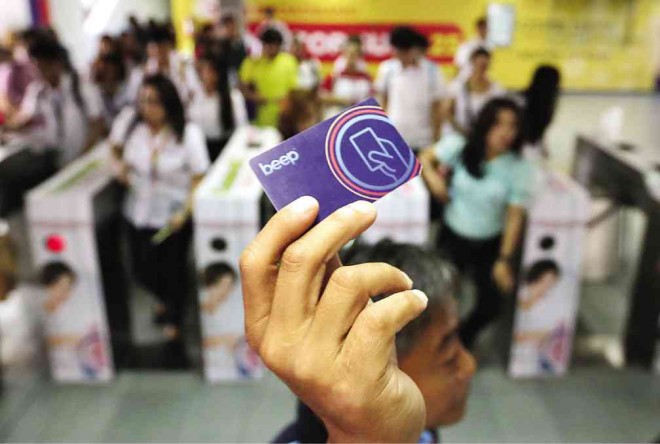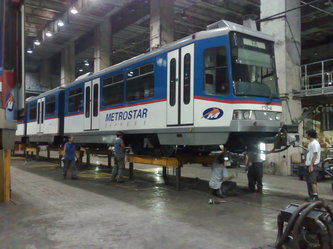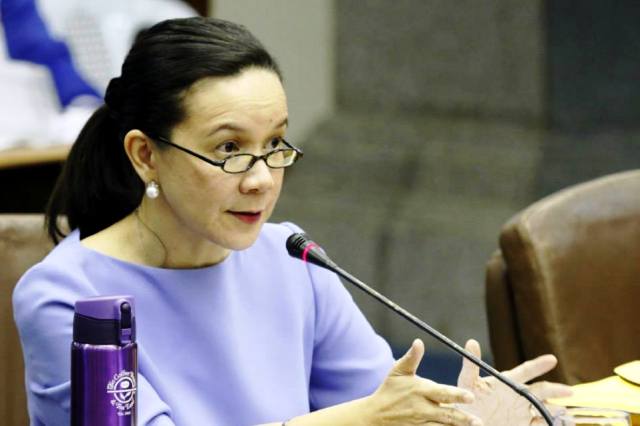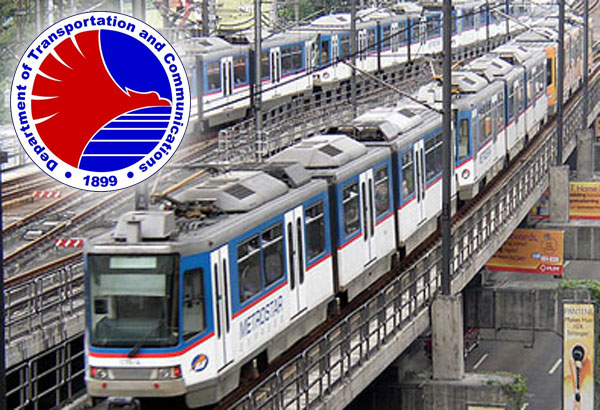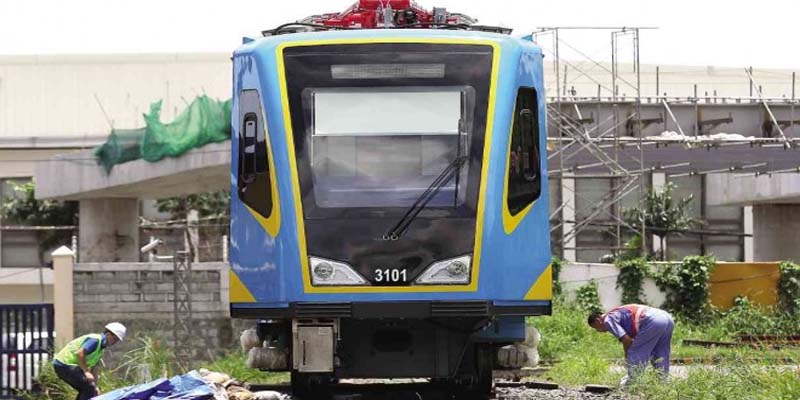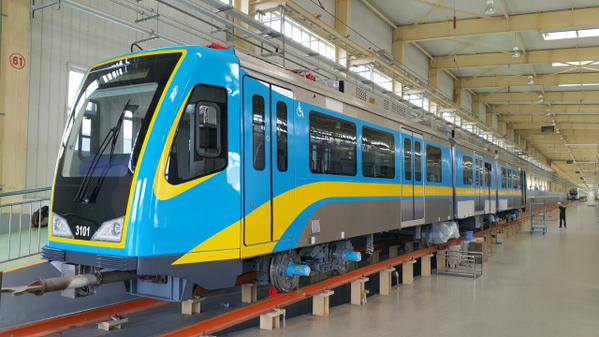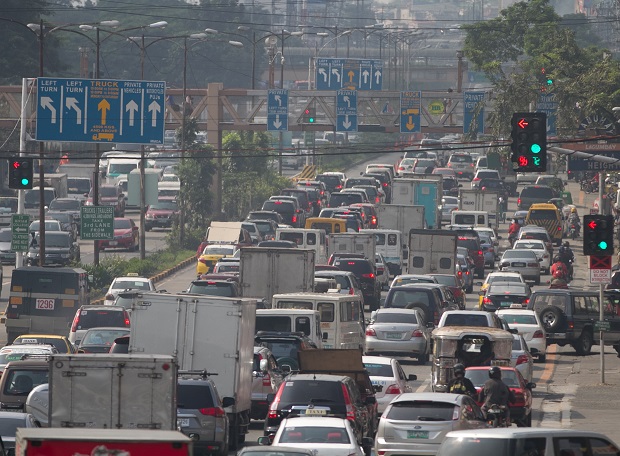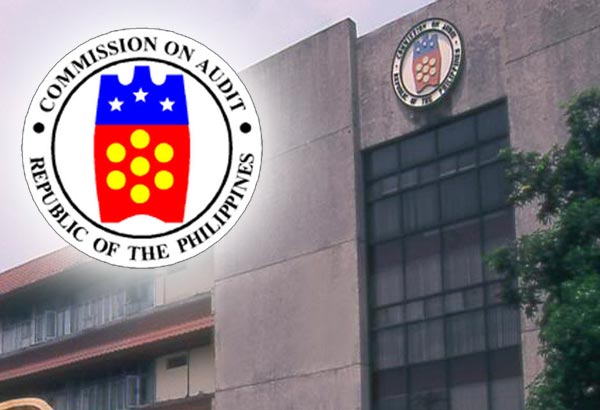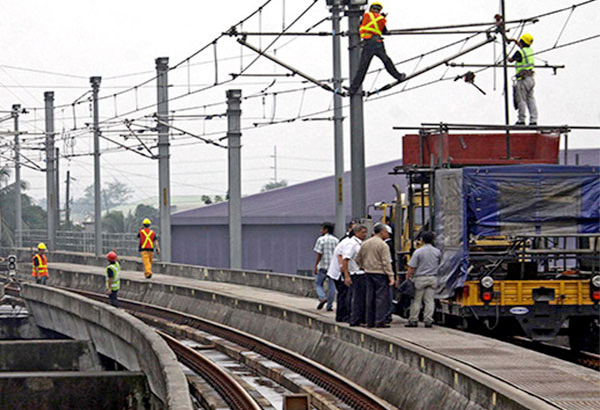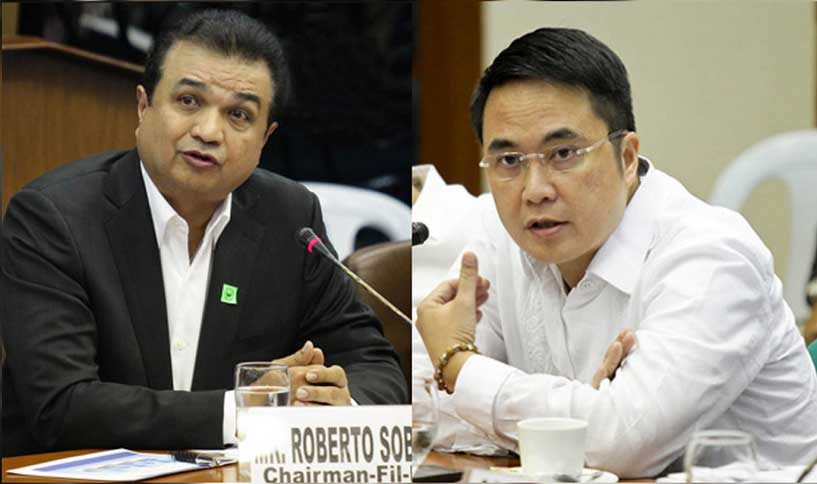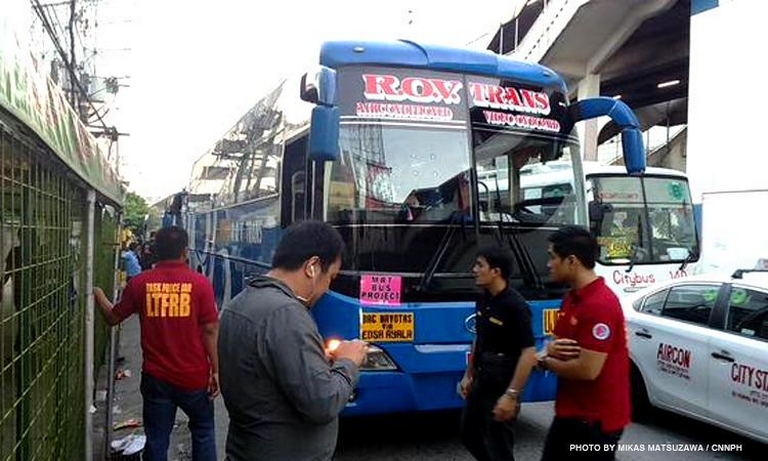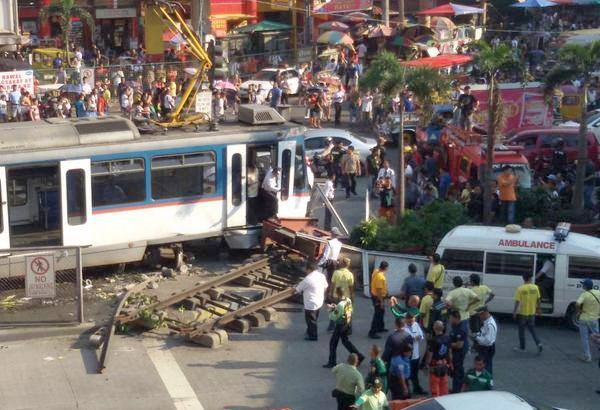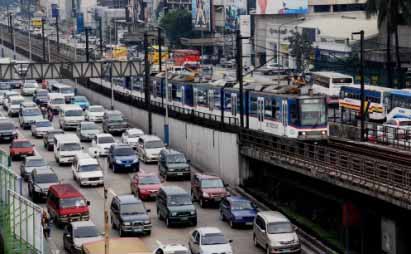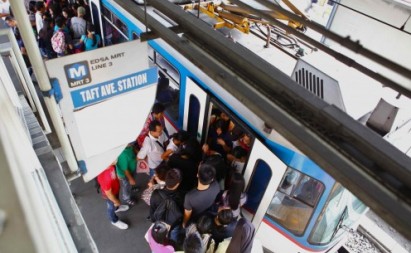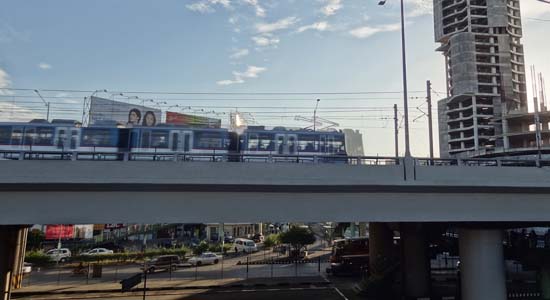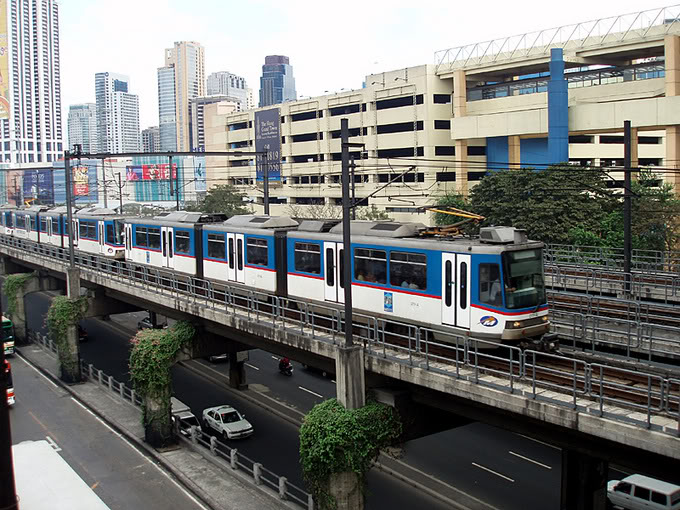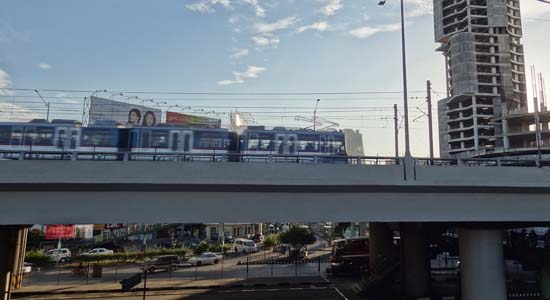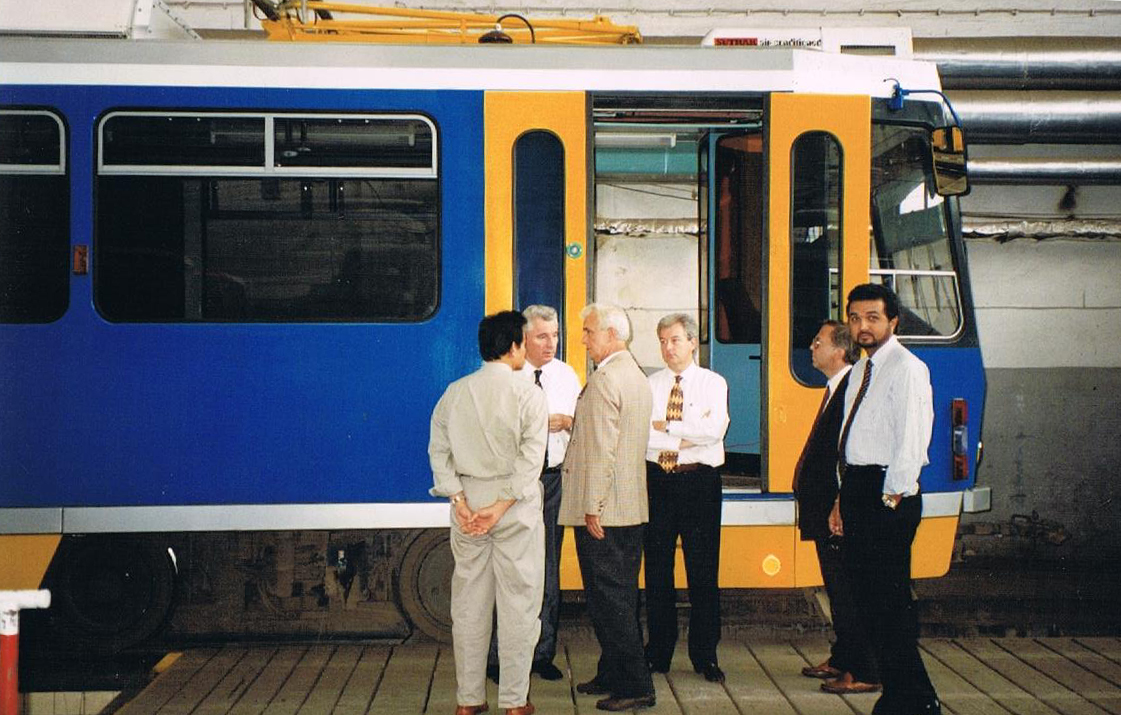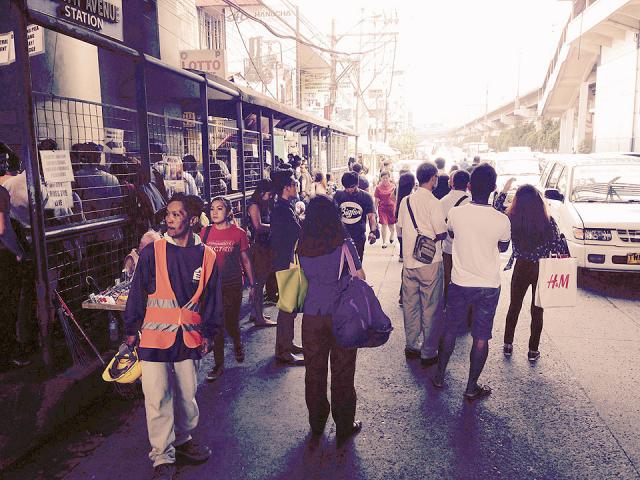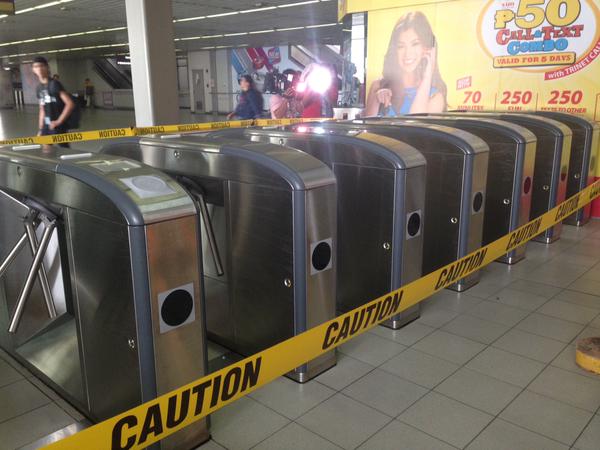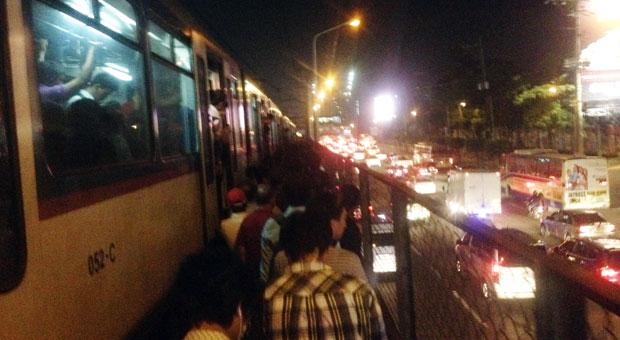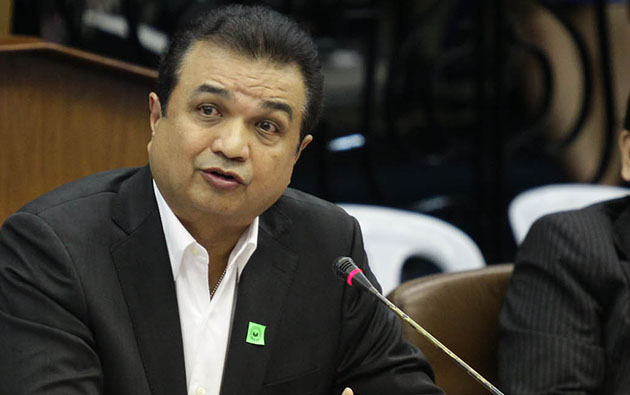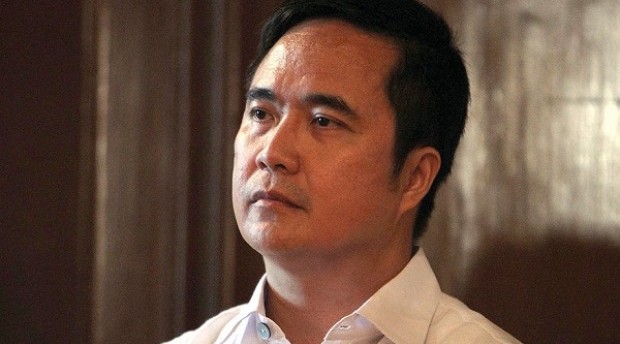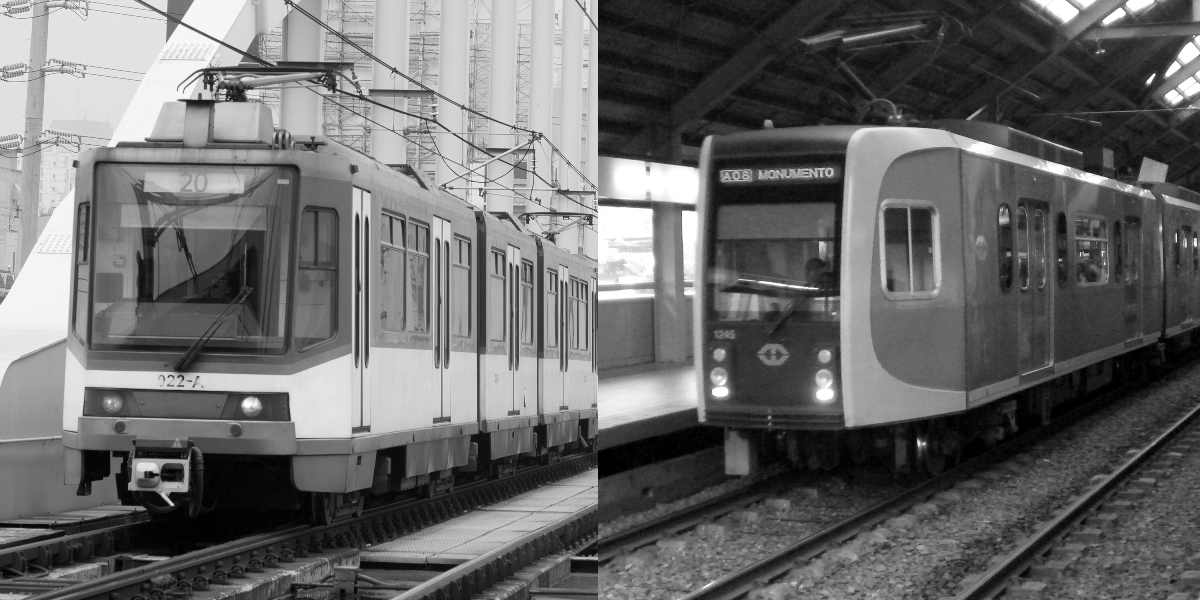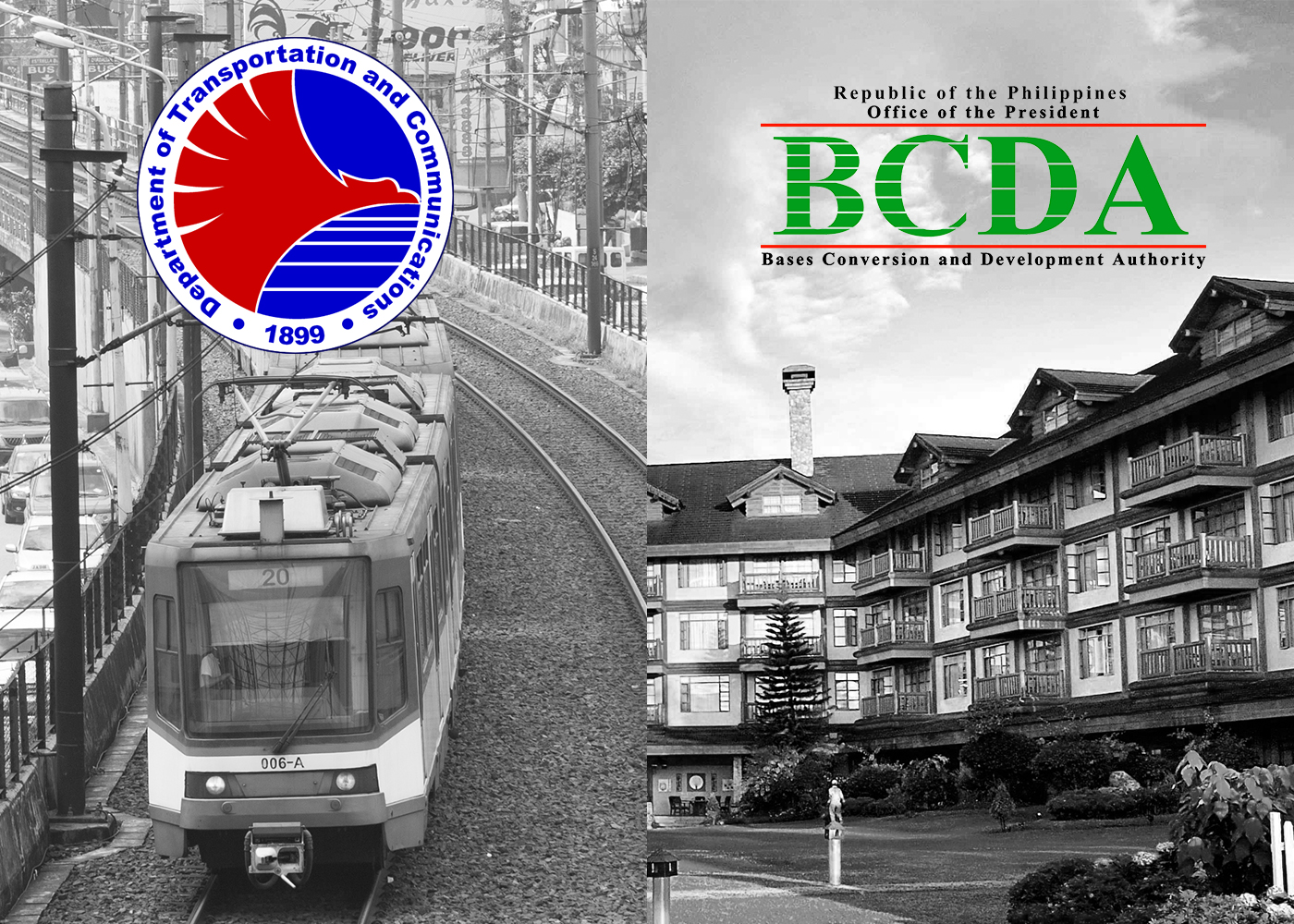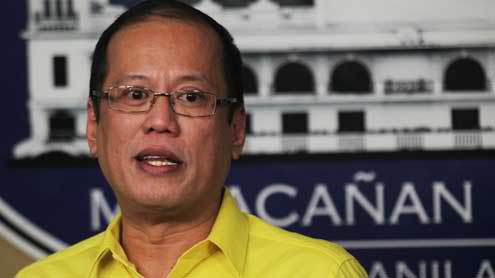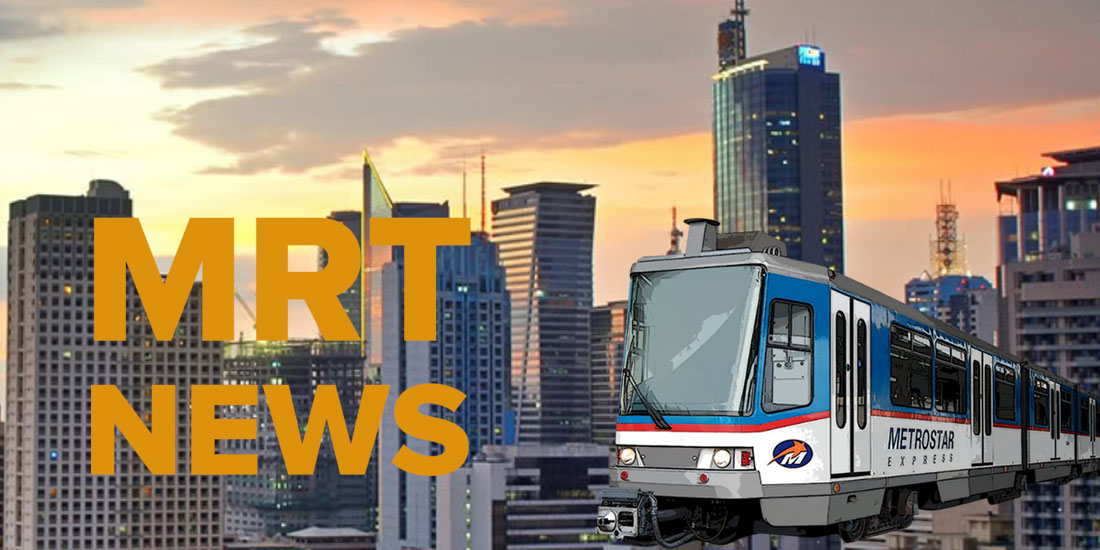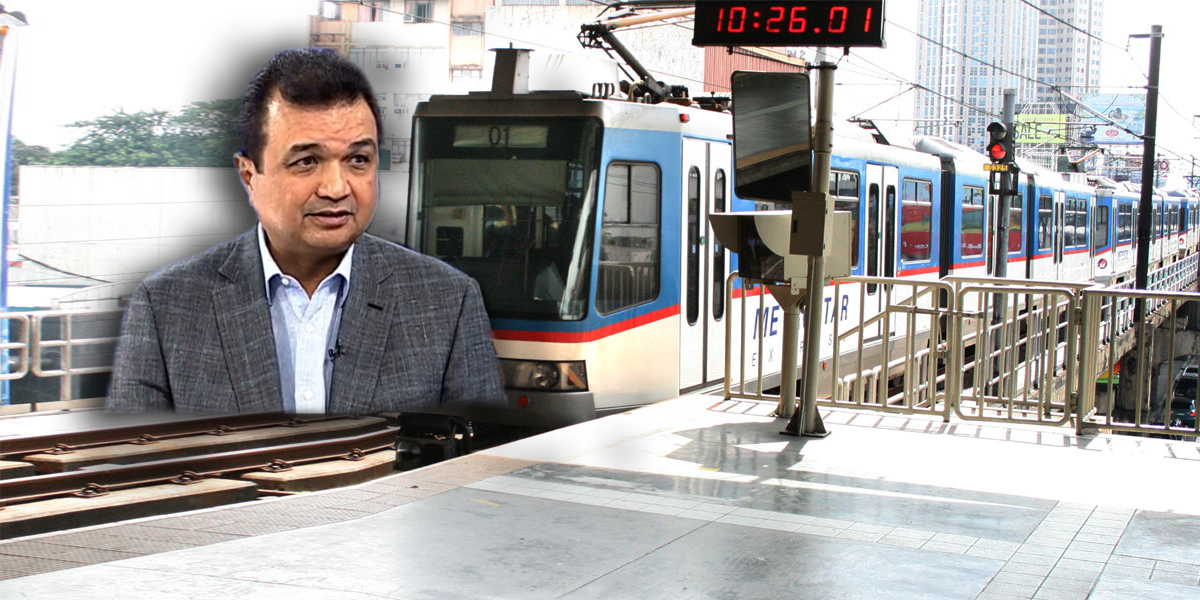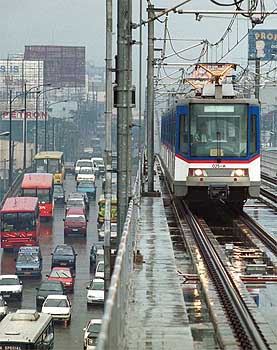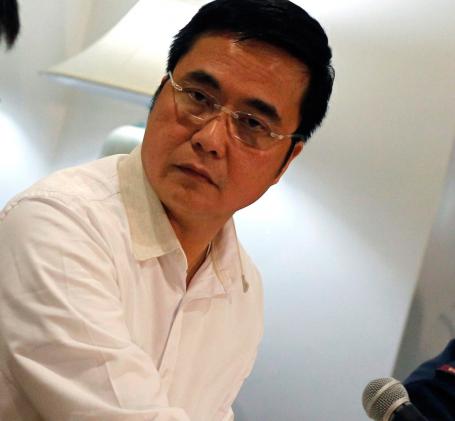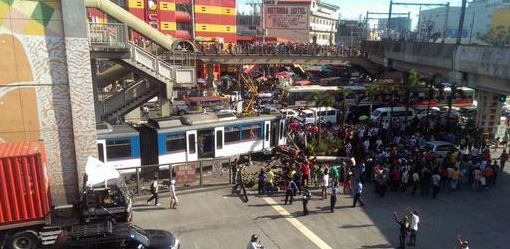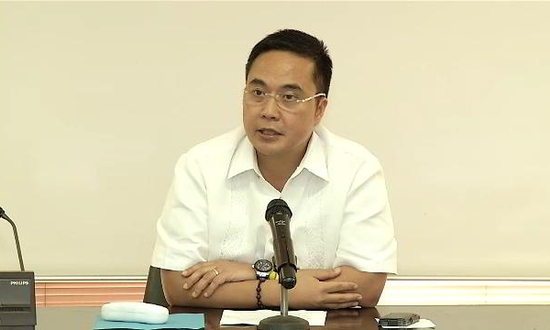By Lorenz Marasigan | Business Mirror | July 29, 2015
The owner of the Metro Rail Transit (MRT) Line 3 lashed back at President Aquino on Wednesday, calling him a “misinformed” man whose statements about the train system were “twisted.”
MRT Holdings Inc. (MRTH) Chairman Robert John L. Sobrepeña said his camp will not bow out without a fight, especially when the government blames his company for its supposed negligence in providing quality transport infrastructure to about half-a- million passengers per day.
“It is very clear that he is misinformed. Everything he said is all twisted around,” he said in a phone interview, belying one by one Mr. Aquino’s public accusations.
In his last State of the Nation Address on Monday, President Aquino called on the public to blame the camp of Sobrepeña for mismanaging the assets of the MRT line, causing numerous problems today.
Mr. Aquino said the private company failed to implement a general overhaul in 2008, and that the firm merely “painted” the trains to make them look new.
However, according to Sobrepeña, the company initiated such a venture. Sumitomo Corp., the MRT’s maintenance provider back then, was the contractor for the project.
“This was started in 2007 and fully completed in 2009. A General Overhaul Acceptance Report for each of the 73 light-rail vehicles was accepted and approved by the Department of Transportation and Communications [DOTC],” he said. “The DOTC’s consultant, Systra Philippines, conducted an audit report in 2010 on the maintenance practices of Sumitomo.”
Not a news item
Thereafter, the transport agency favorably recommended all of the extensions for Sumitomo’s maintenance contract for four times since its expiration in July 2010 up to October 2012.
During that time, the MRT Corp. (MRTC) was handling the technical maintenance of the train system through the Japanese firm.
“The MRT 3 system was hardly a news item because of maintenance and train problems and had 20 trains running,” Sobrepeña recalled. “During the course of the maintenance of the MRT 3 system from 2000 to October 2012, MRTC dutifully maintained the entire MRT 3.”
According to Mr. Aquino, the government was “forced” to take over the upkeep component of the railway system in 2012 due to the company’s negligence in maintaining the line.
But this was denied by Sobrepeña. It was his group that was forced to let go of the control of the train’s maintenance as the nominees from Land Bank of the Philippines and the Development Bank of the Philippines decided to entrust the upkeep of the line to the government.
The two government-owned banks have a combined 80-percent economic interest in the MRT.
Sumitomo’s contract was extended until October 19, 2012. But 12 days before the expiration of the contract, former MRT General Manager Al S. Vitangcol III informed the MRTC board that the government will no longer renew the contract of the Japanese firm, and instead took in PH Trams CB&T as the new provider.
“This is the same contract that is now the subject of the case filed by the Ombudsman indicting Vitangcol and the PH Trams officers,” Sobrepeña said.
When the government took over the maintenance of the train line, Sumitomo turned over $15 million worth of spare parts, which are enough to cover the MRT’s requirements for half a year.
“Since then, DOTC-appointed maintenance providers not only exhausted the six-month inventory but also did not purchase spare parts as required in their maintenance contracts. During Sumitomo’s time, they used 60 percent of their maintenance budget to purchase spare parts,” Sobrepeña said.
The 15-year-old mass-transit system, which ferries more than half-a- million passengers daily, has been in a state of decay. Passengers frequently complain of long queues caused by the lack of light-rail vehicles. The public was also outraged by the MRT’s inefficient ticketing system, humid train cars, faulty elevators and escalators, and rude tellers.
Ready to drop the case
It is also not true that the temporary restraining order (TRO) issued by a Makati City court against the procurement of new train cars delayed the expansion project, Sobrepeña emphasized.
“There is no delay caused either by the TRO or the injunction order. The injunction was denied. It was paid, being constructed, so where is the delay there? There is nothing that hinders them,” he said.
Sobrepeña noted that he is willing to drop the case against the transportation agency that seeks to stop the government from adding 48 new train cars to the aging system—if and only if the state allows MRTH to conduct an audit of the train coaches.
“All we have been asking for is to be informed. In the agreement, we own the system. All we want is for them to consult us to make sure that the trains are compatible with the system. It can cause damage to the entire system; and even close it. As owners, we should know this,” he said.
The businessman clarified that his group will not be asking the government to fund the inspection trip.
“I would gladly drop the case immediately; all they have to do is agree and allow us to expect the trains,” Sobrepeña said. “We simply wanted our tech people to simply look at the trains and make sure that they are compatible. They are denying us that right.”
The case is now pending before the Court of Appeals.
His group wants to inspect the trains because of the questionable track record of Dalian Locomotive and Rolling Stock Co.
“Dalian has never manufactured such trains. There are so many manufacturers who have made these kinds of train. Giving it to Dalian makes us a guinea pig,” the executive said. “Our fears are being confirmed because I heard that the prototype coming in are knocked down, or by parts. They are bringing in the bogies from Germany, the body from who knows where, other parts from who knows where.”
“All we want to do is to assure safety and compatibility,” Sobrepeña added.
Today, the rail line’s average daily ridership is already over 560,000, and its highest single-day passenger count is now at 620,000.
 Twitter
Twitter Facebook
Facebook